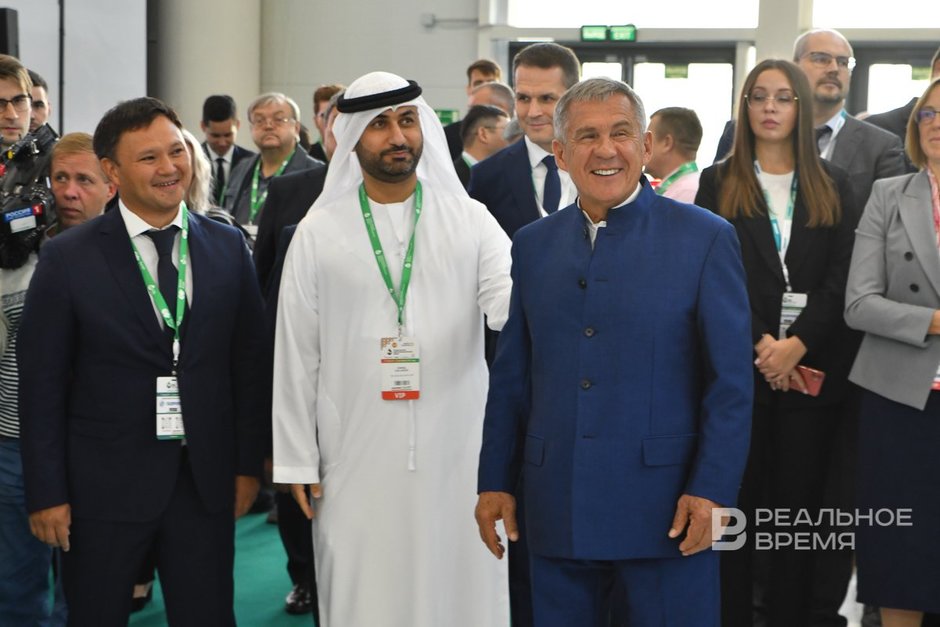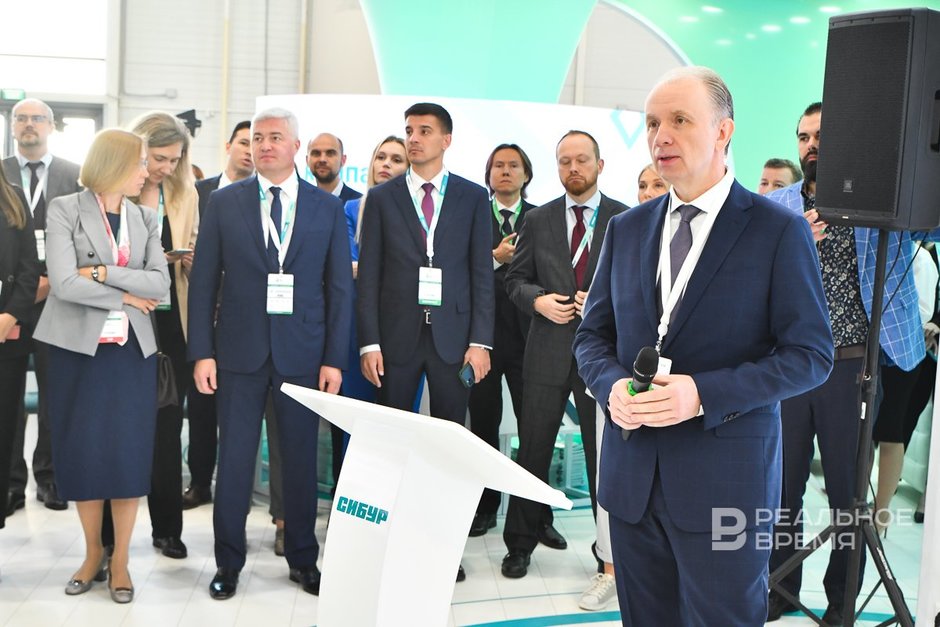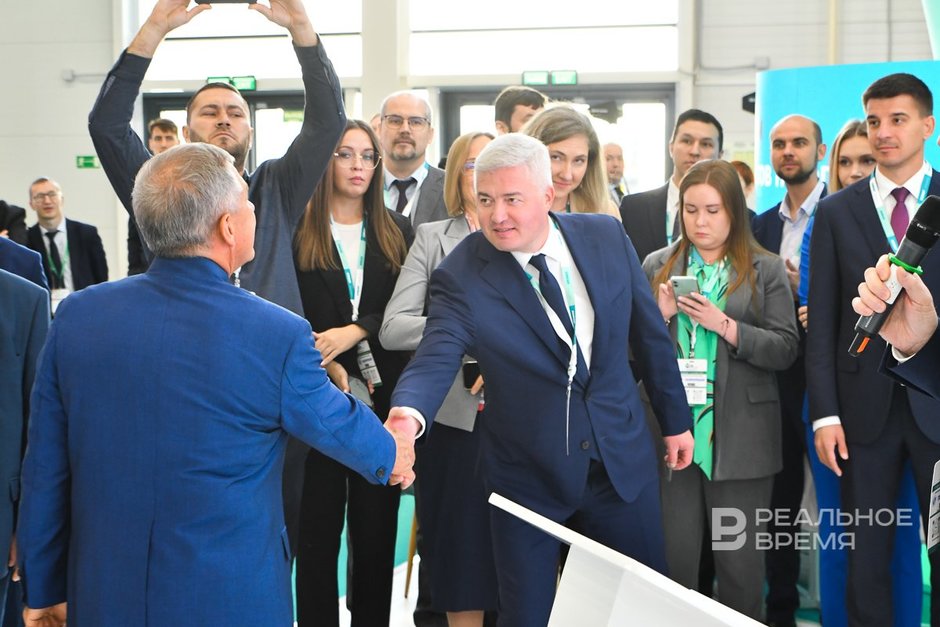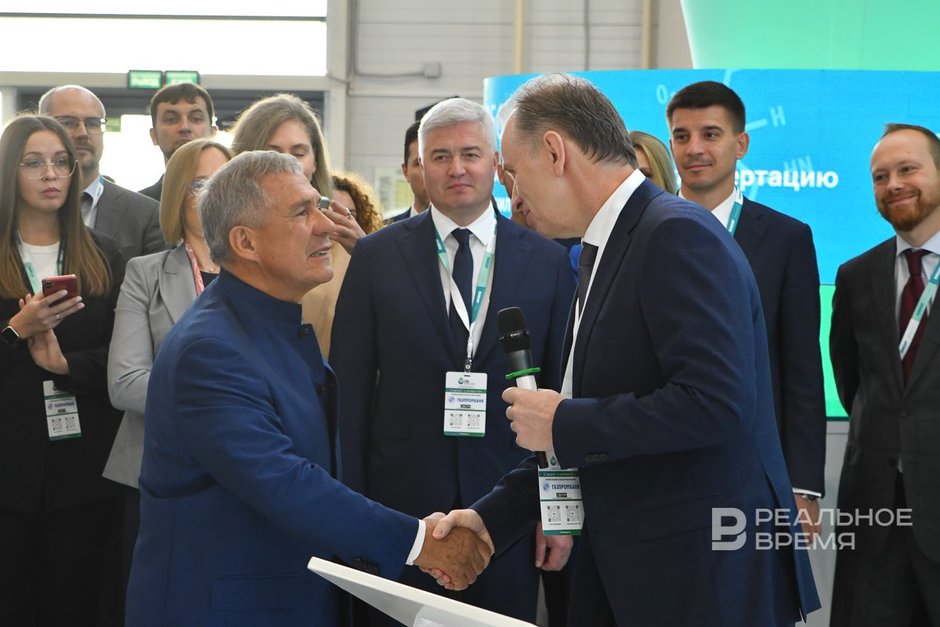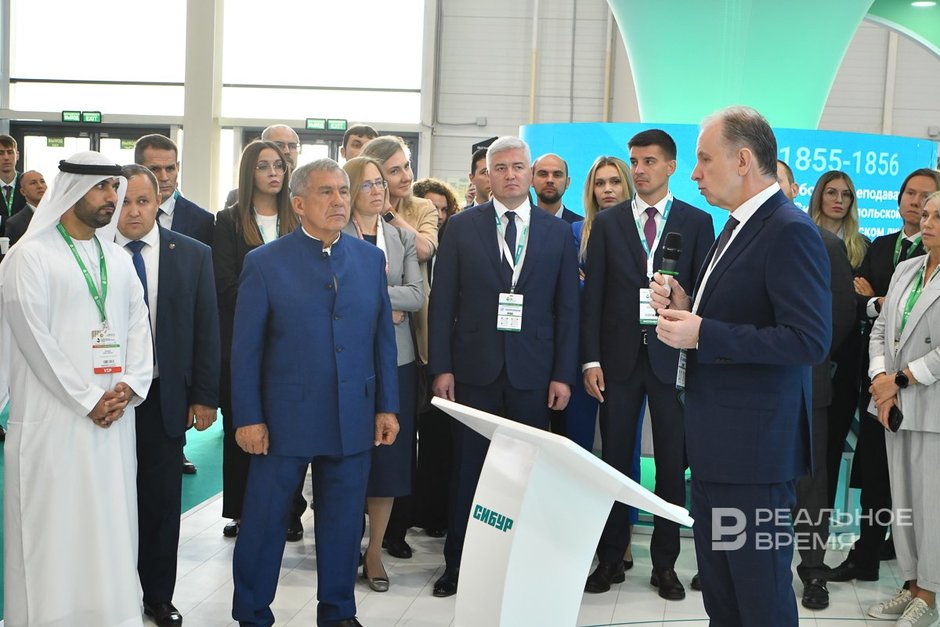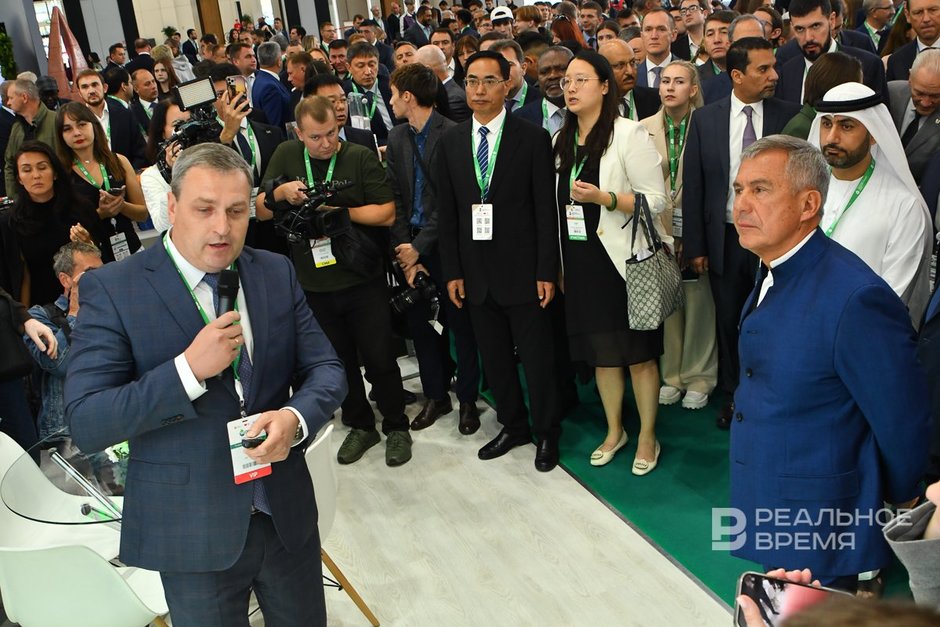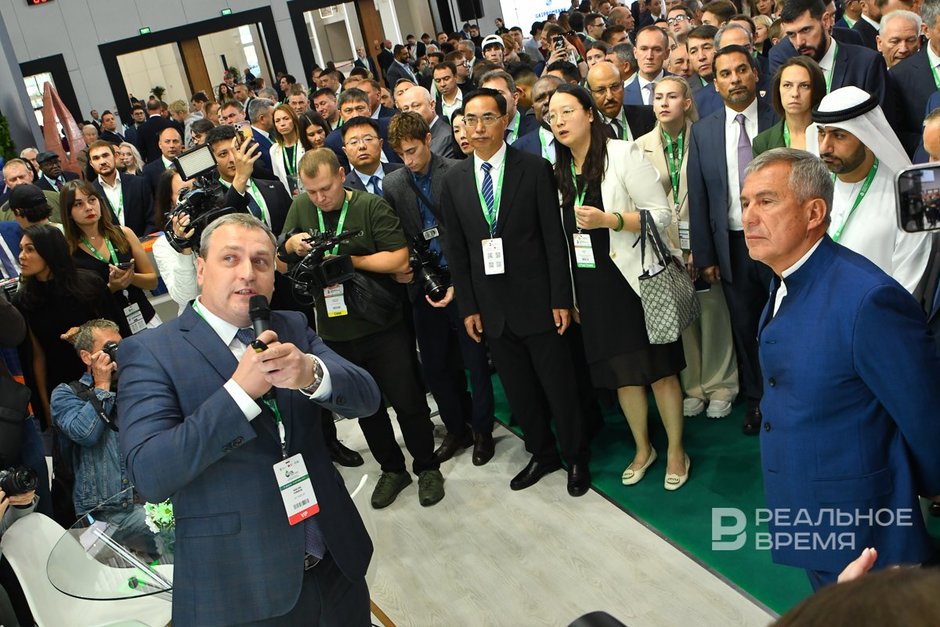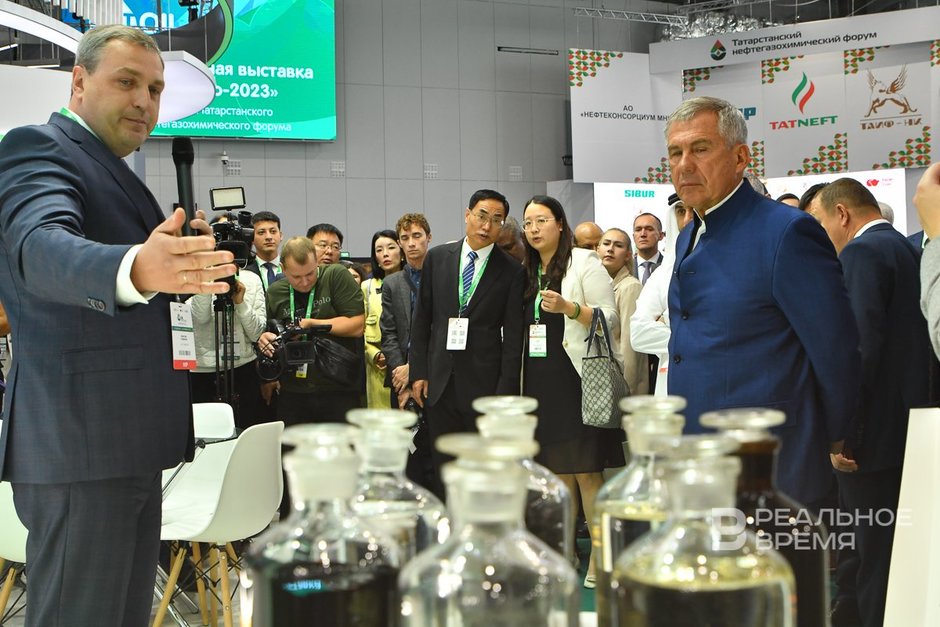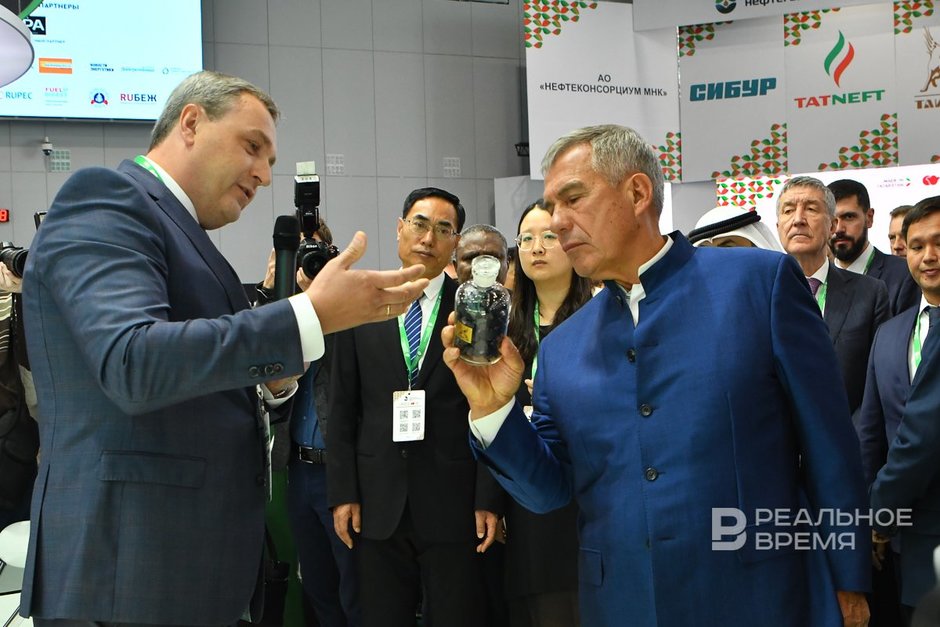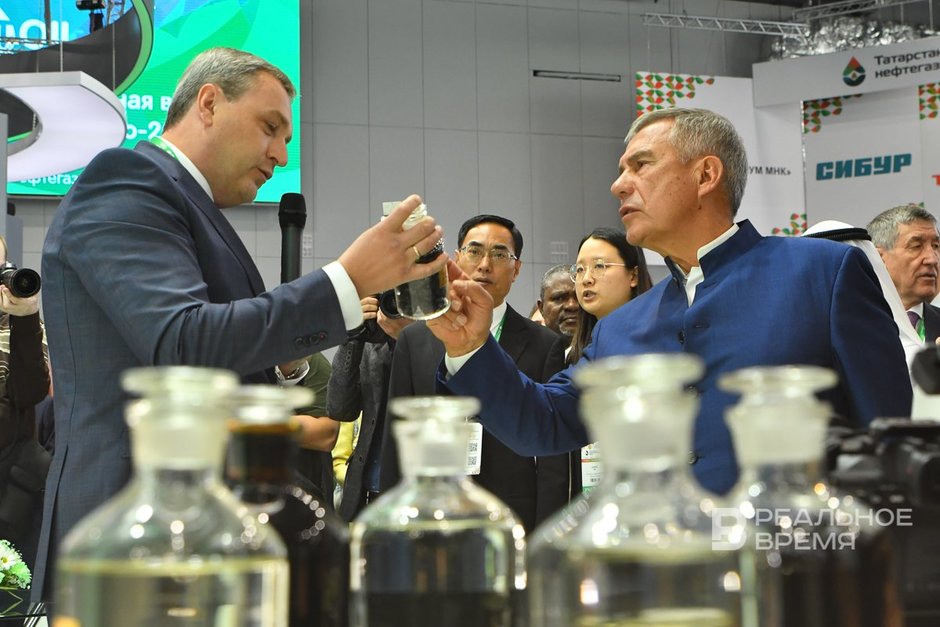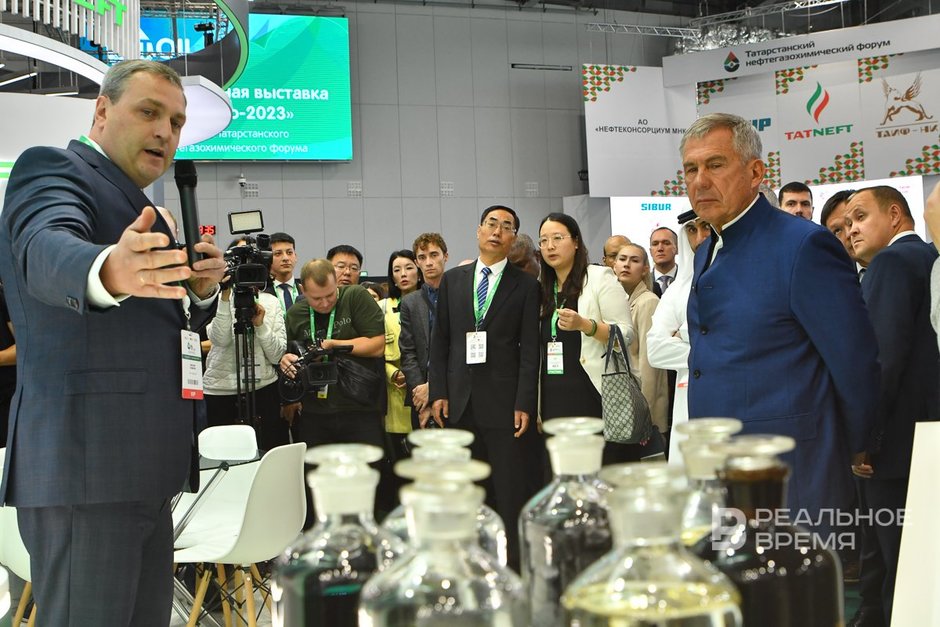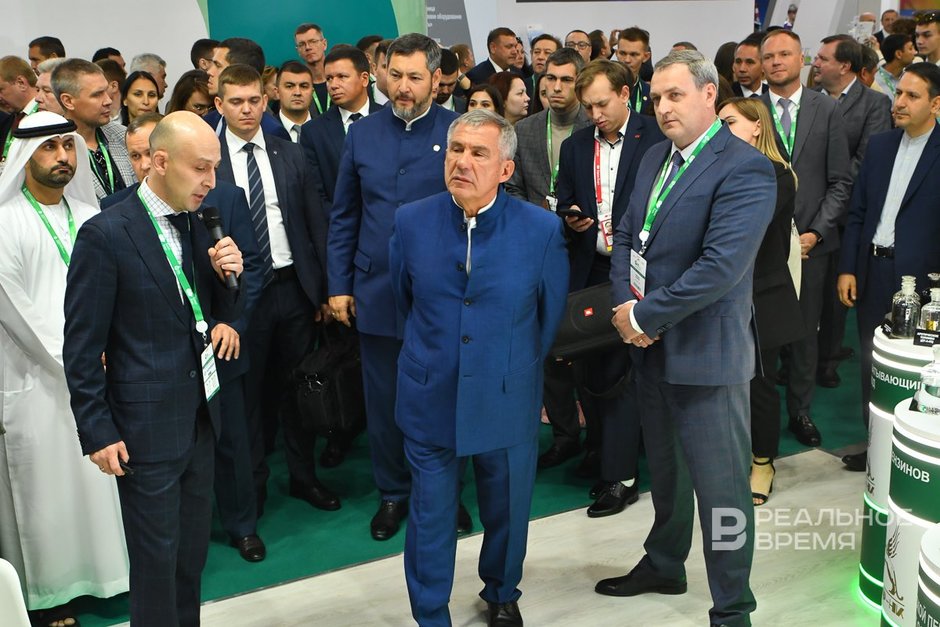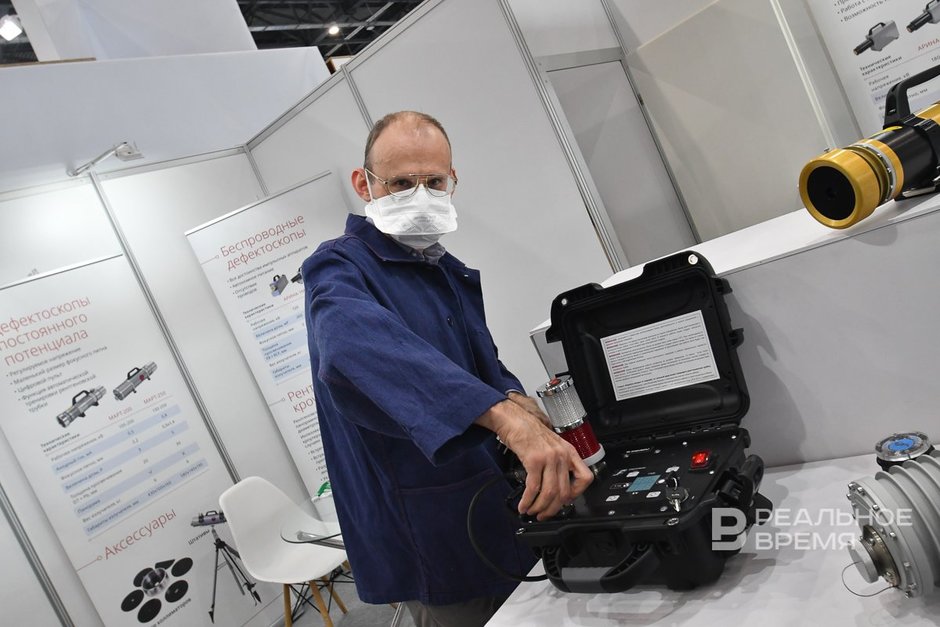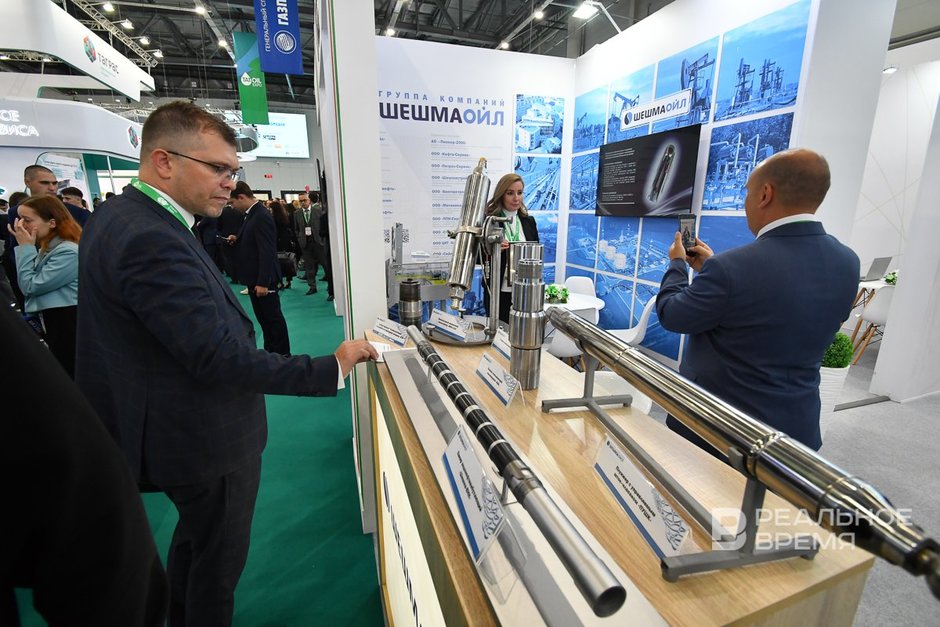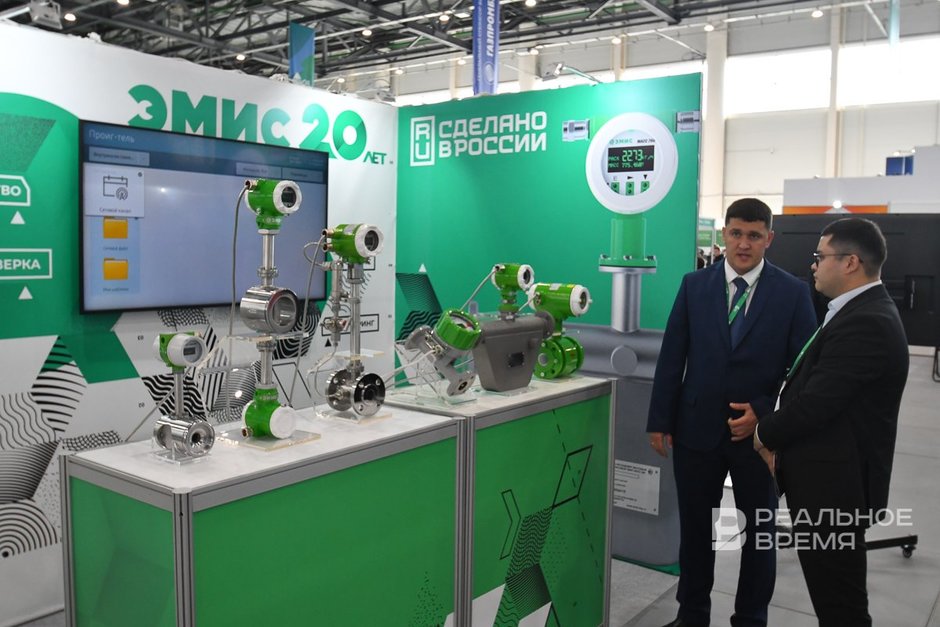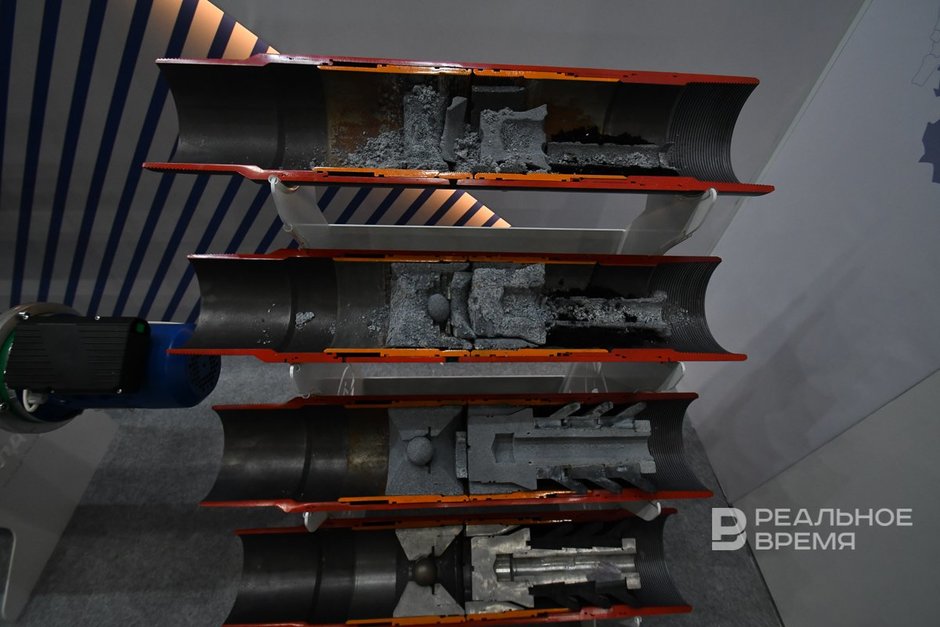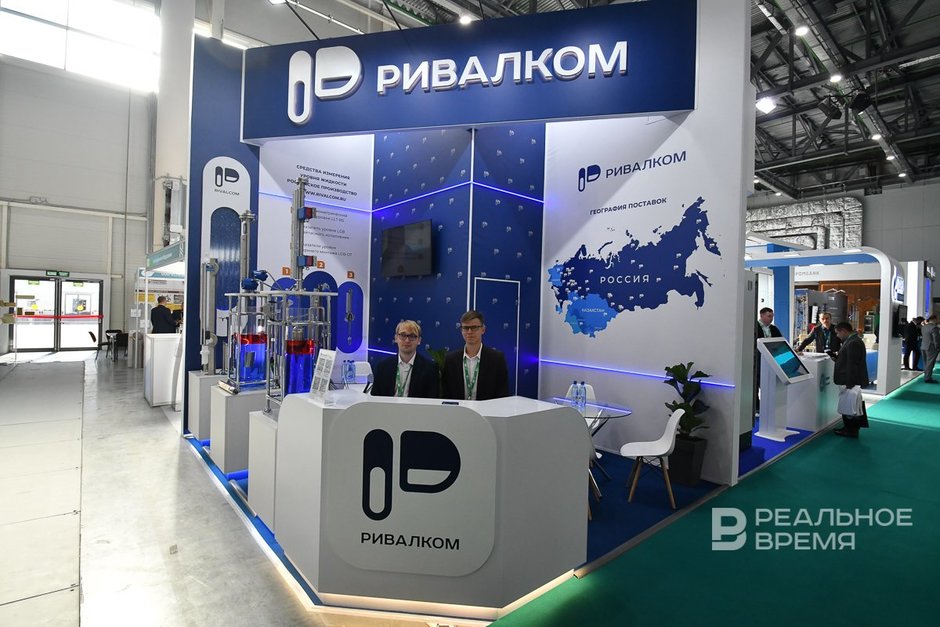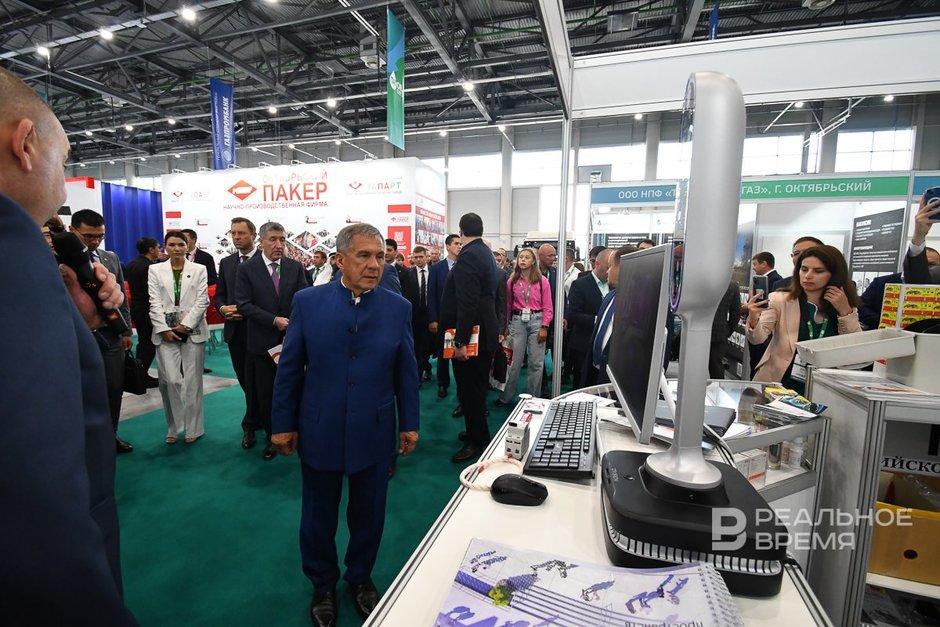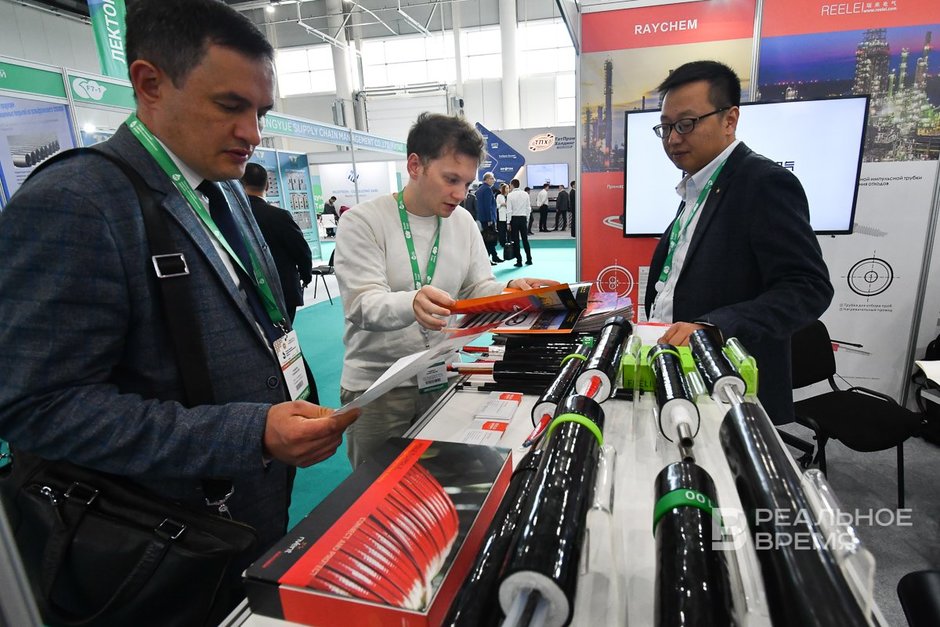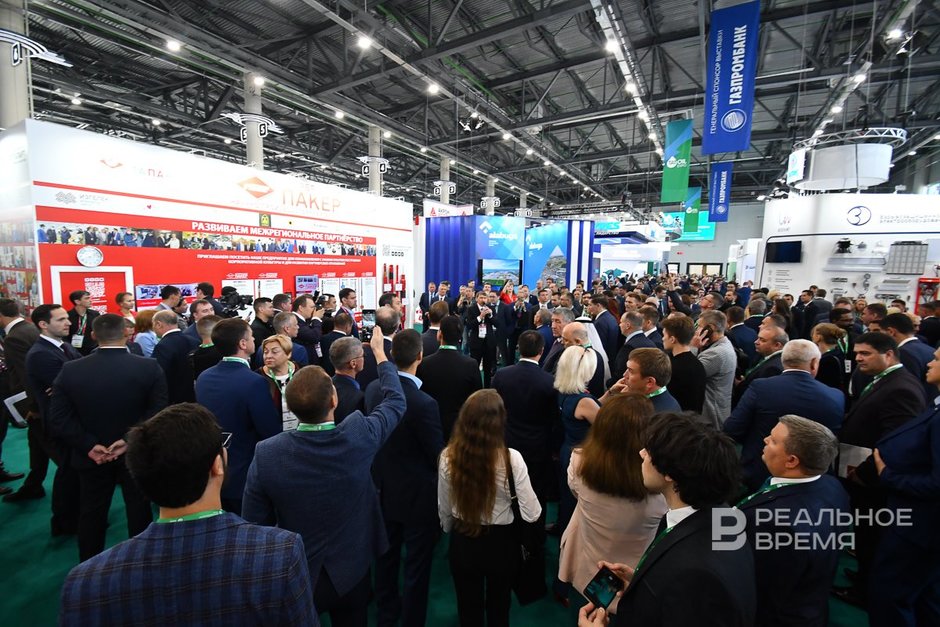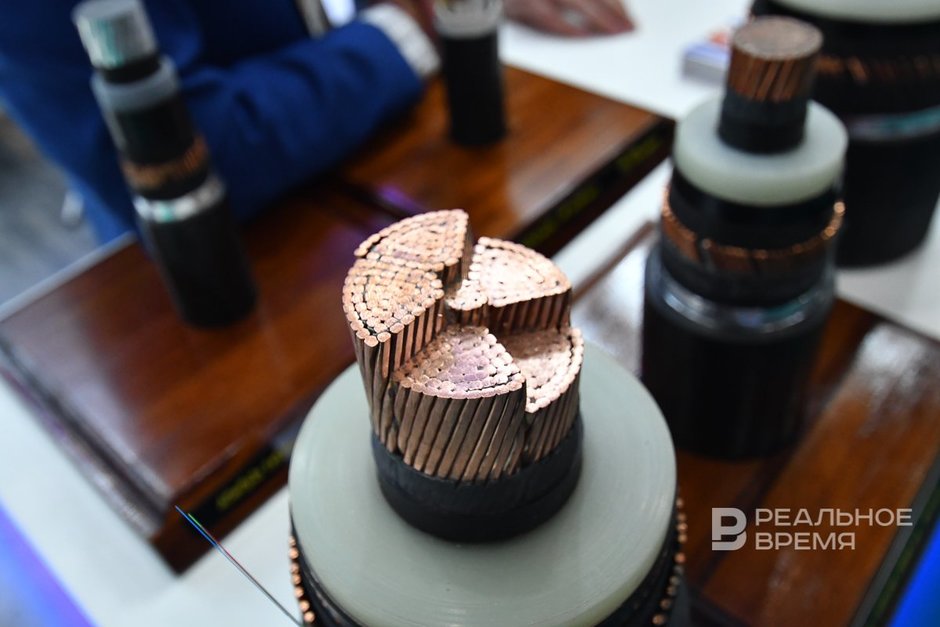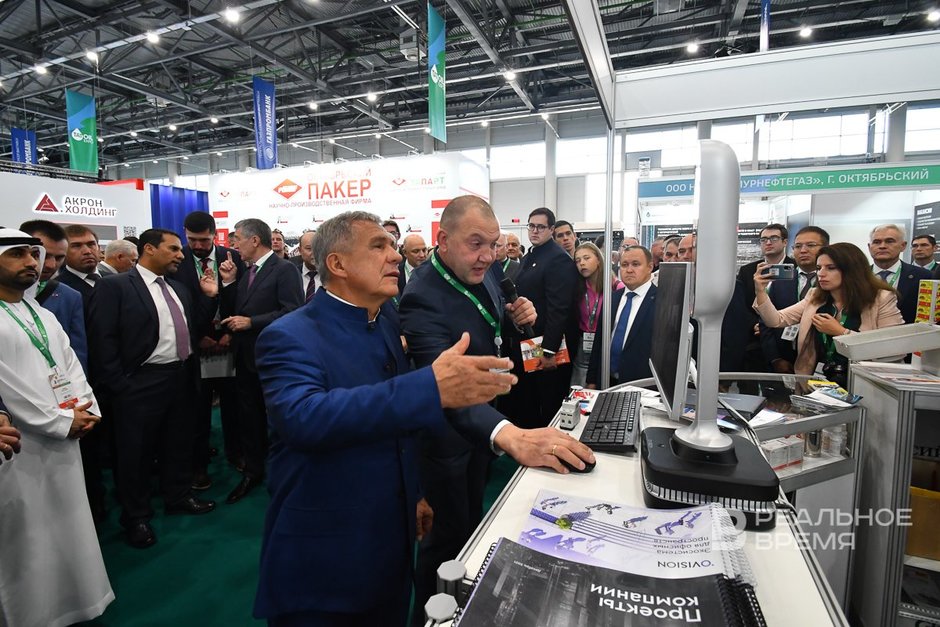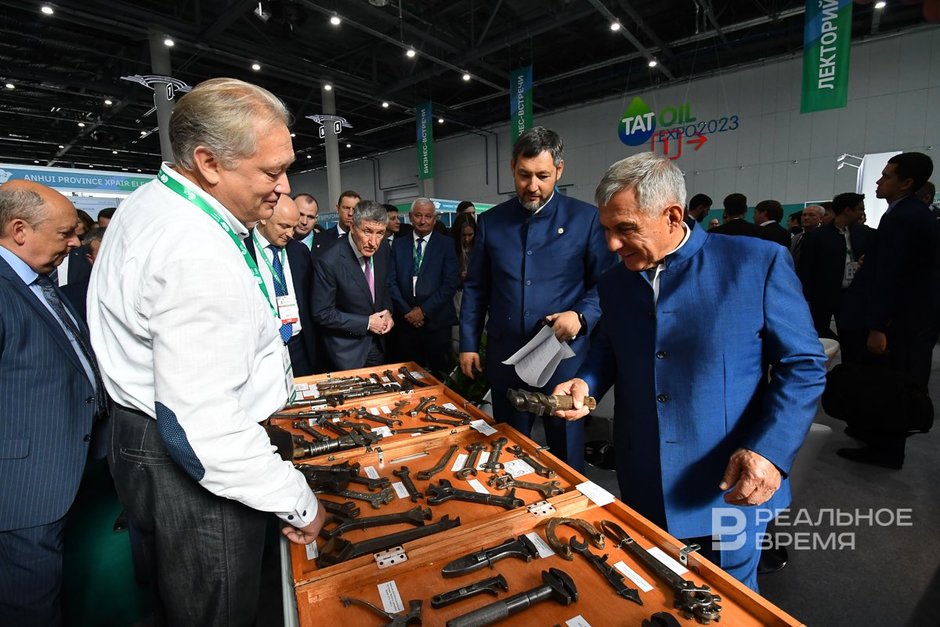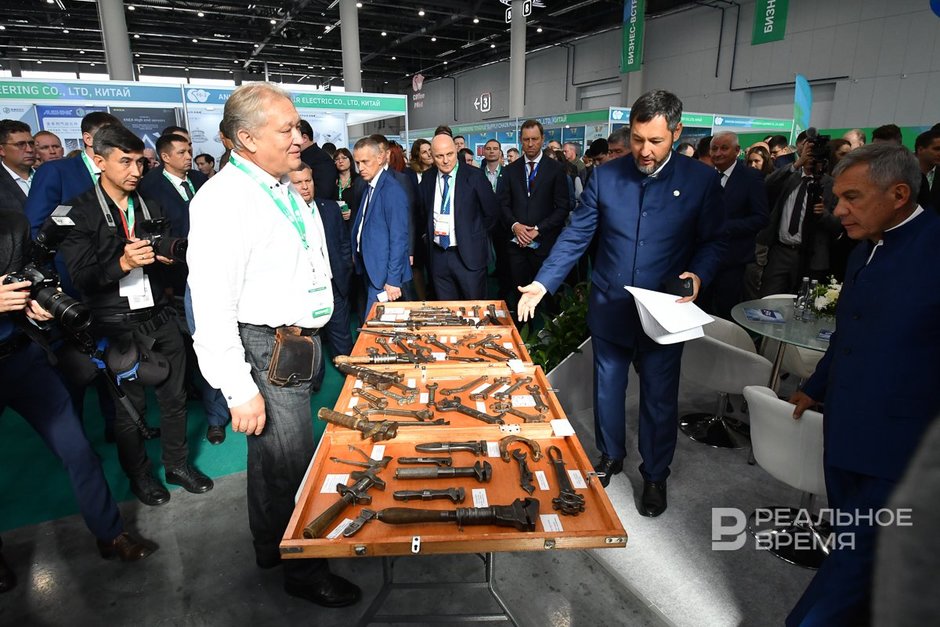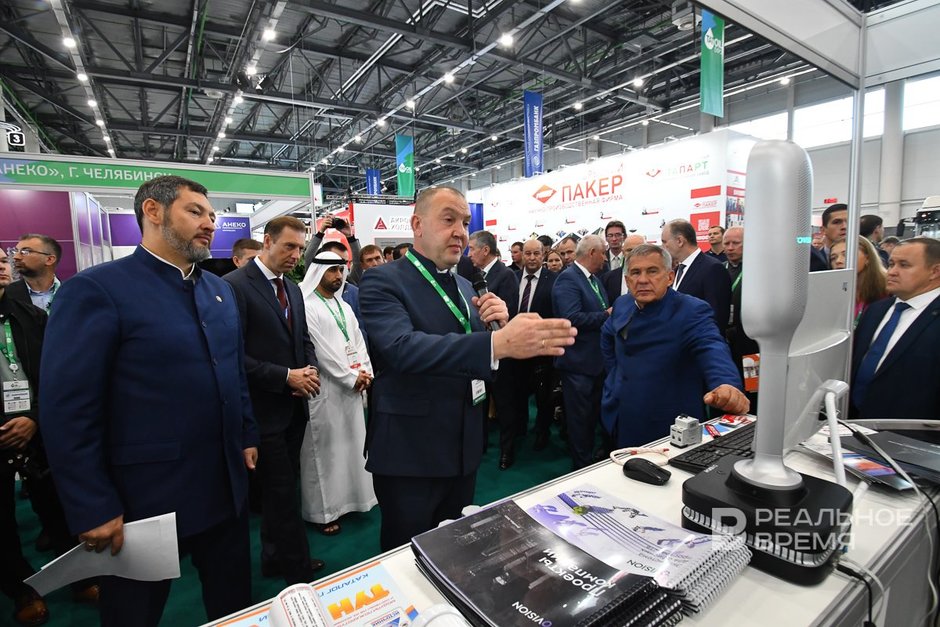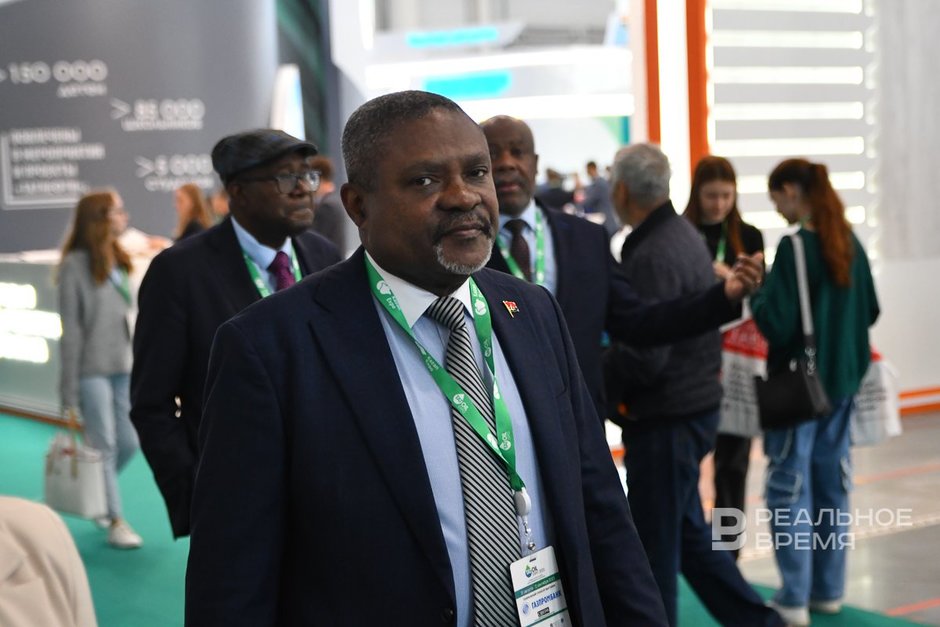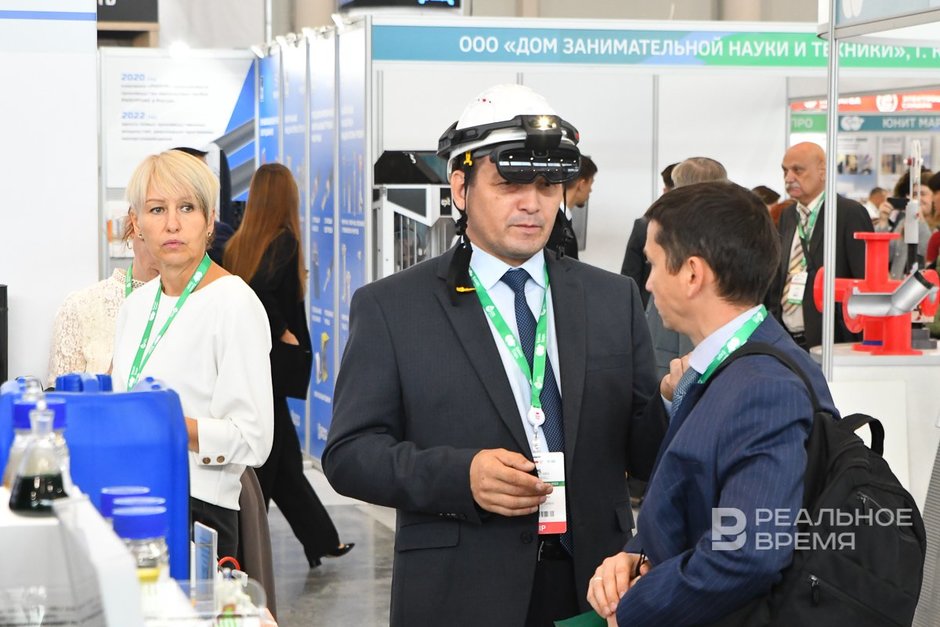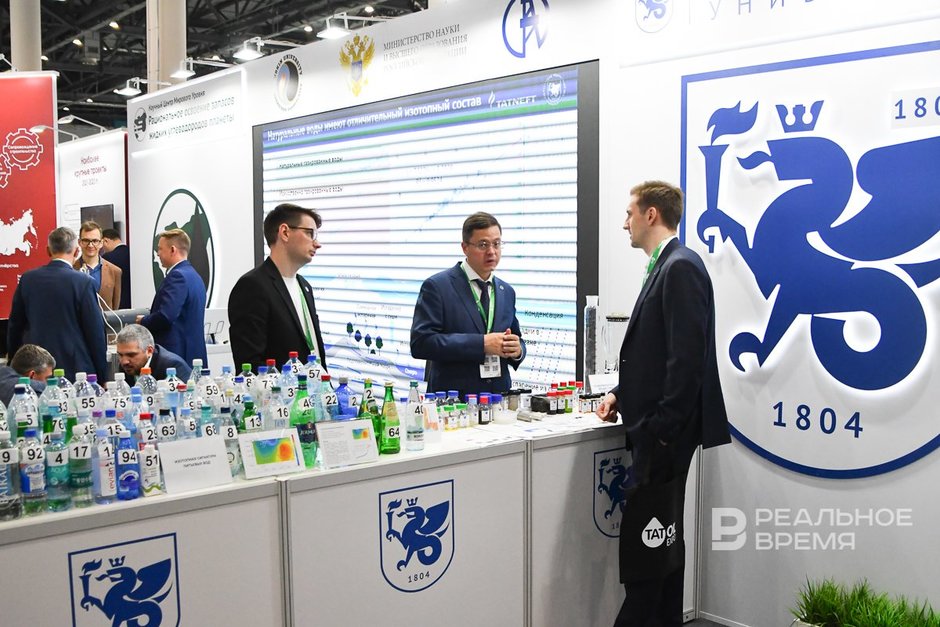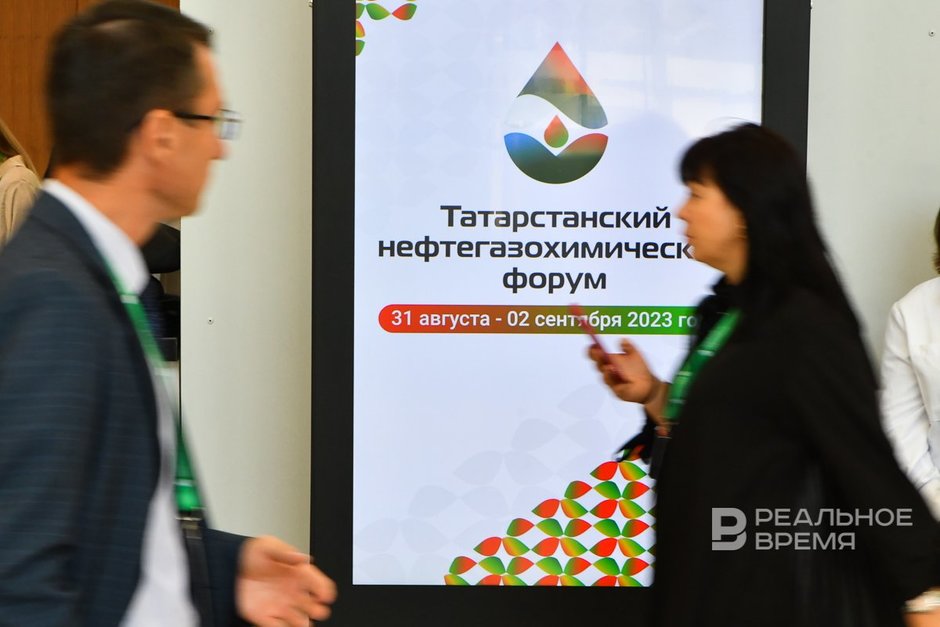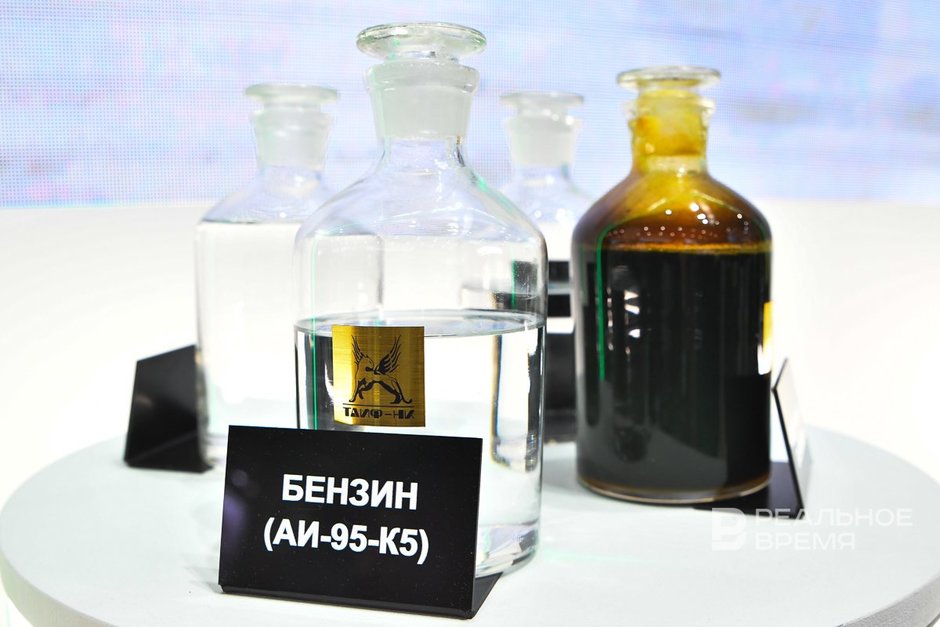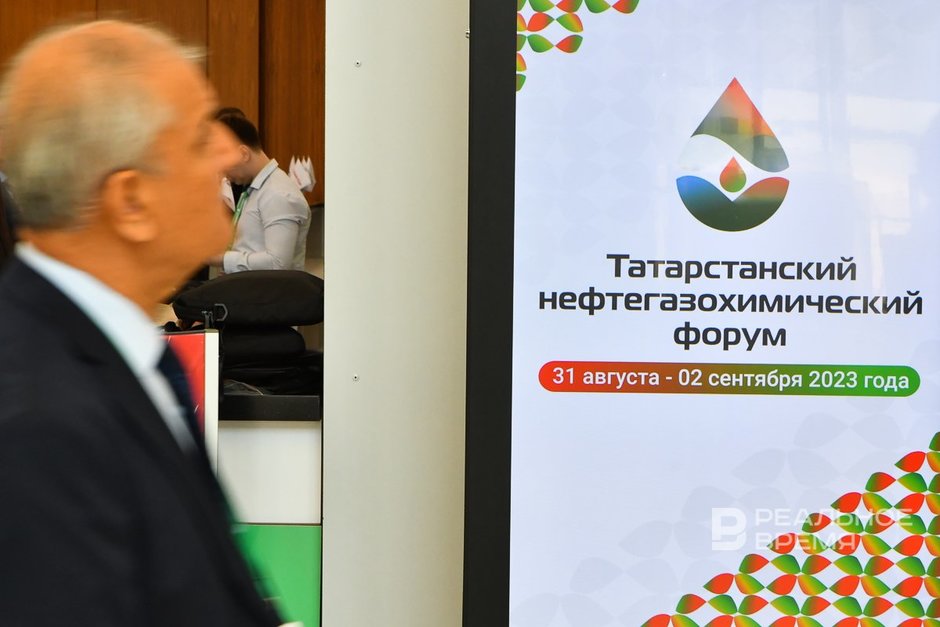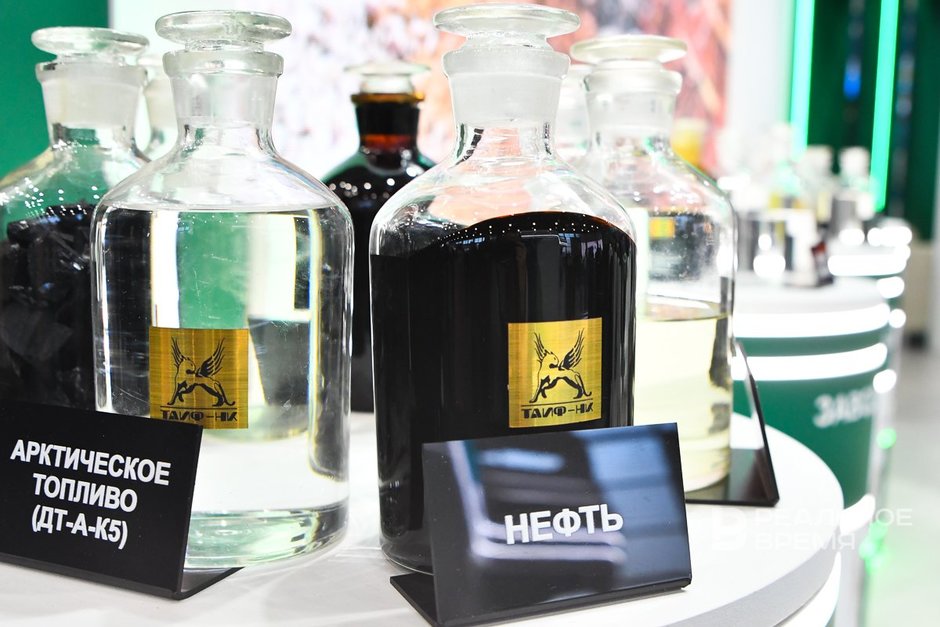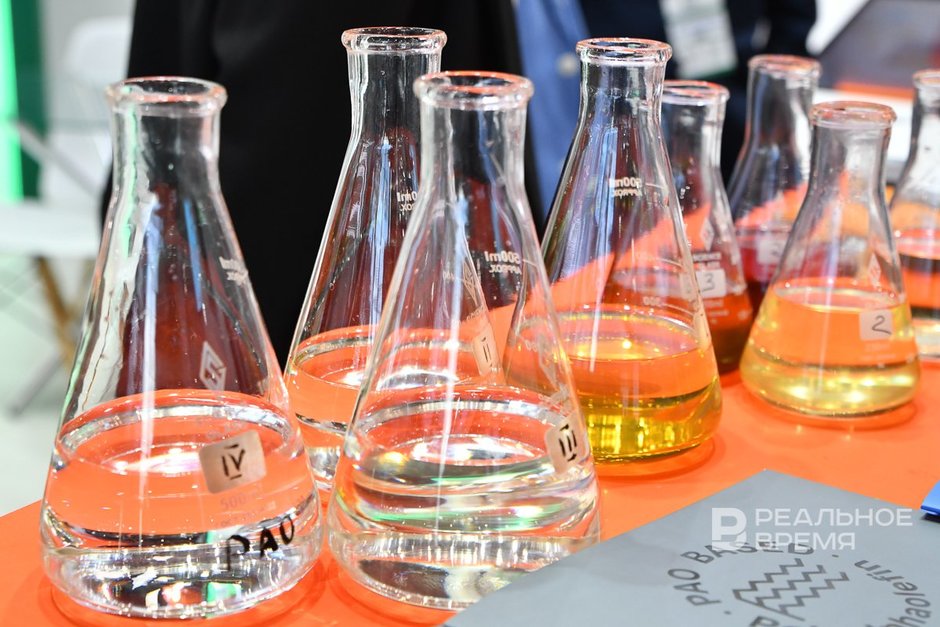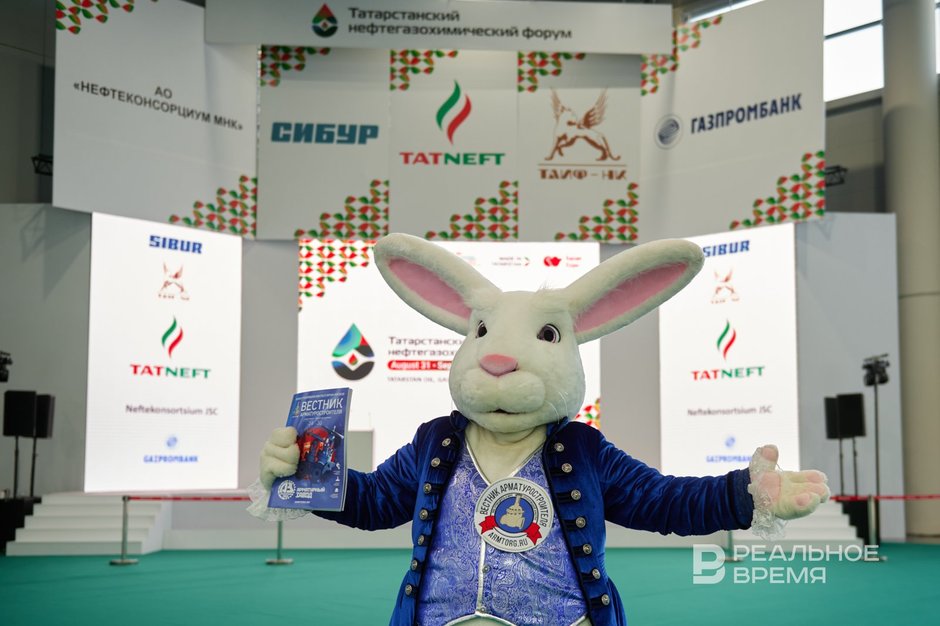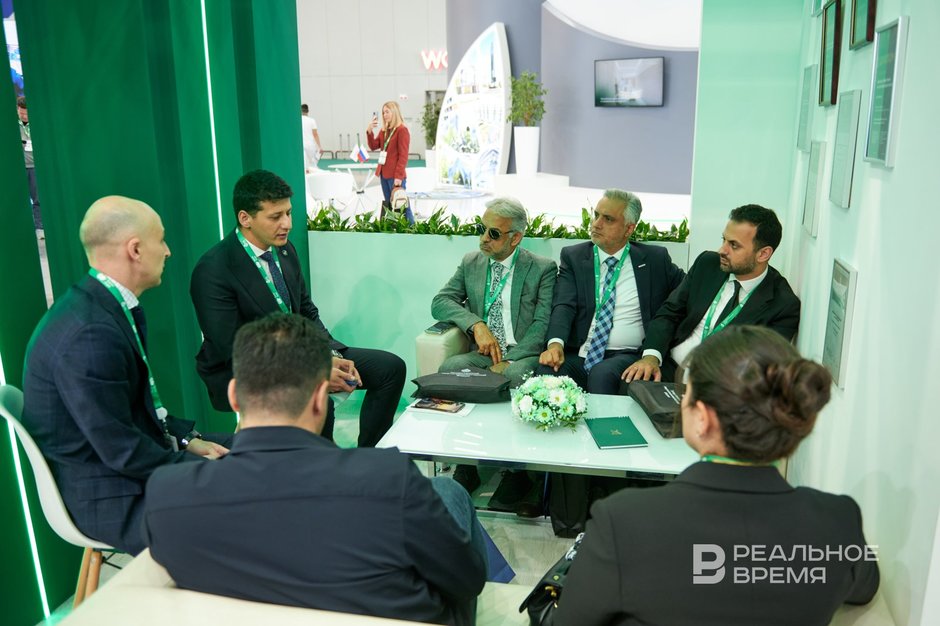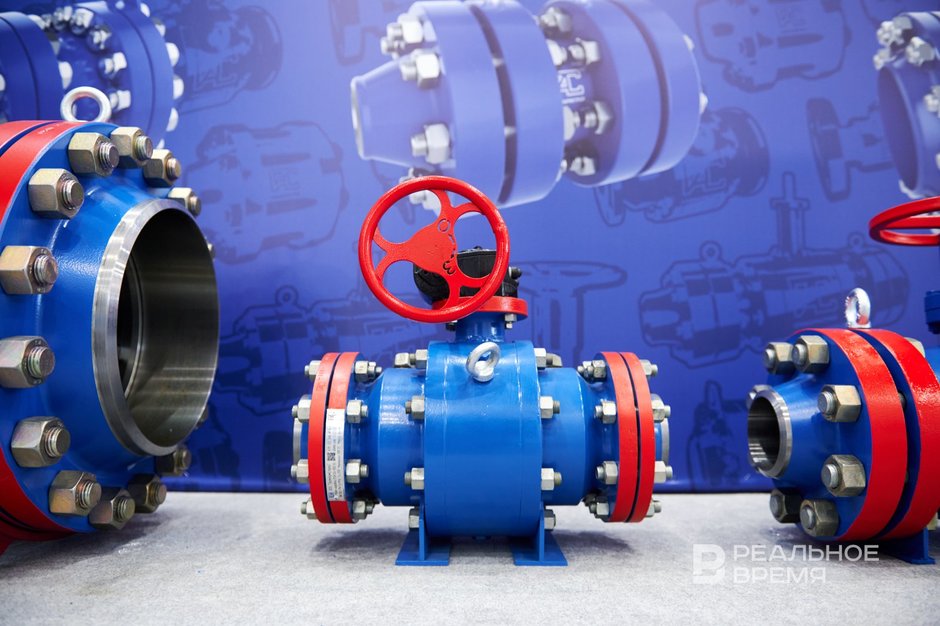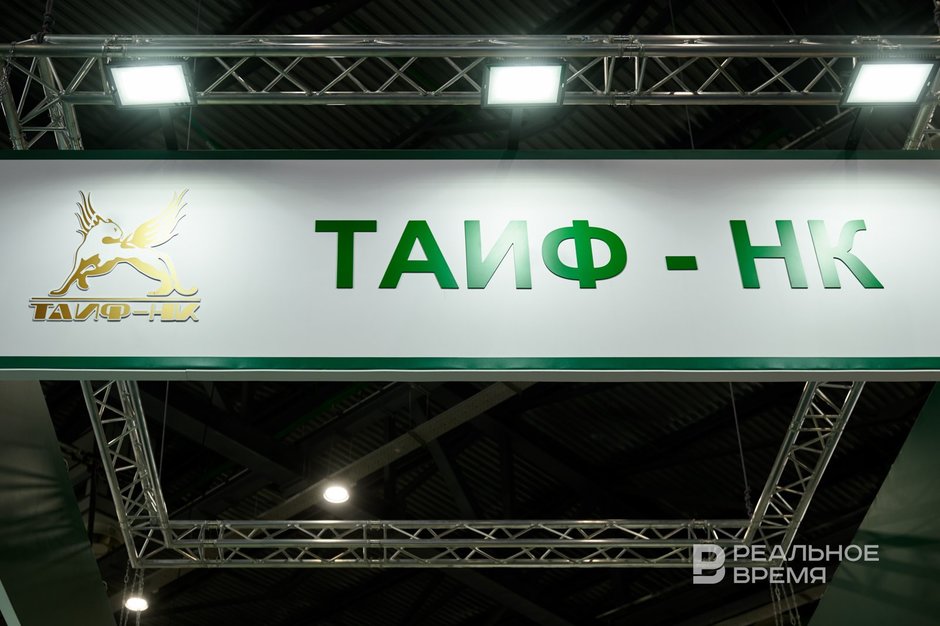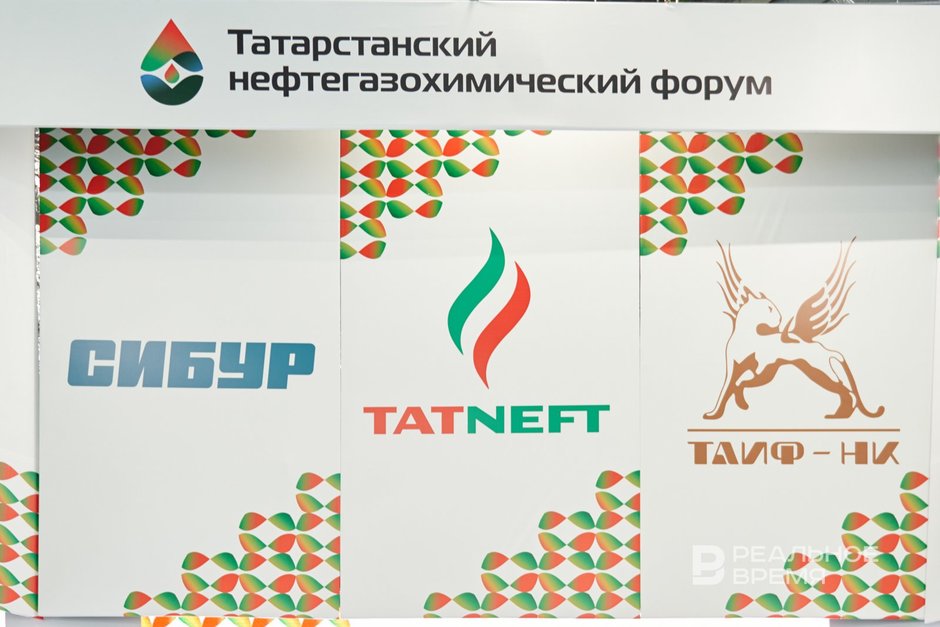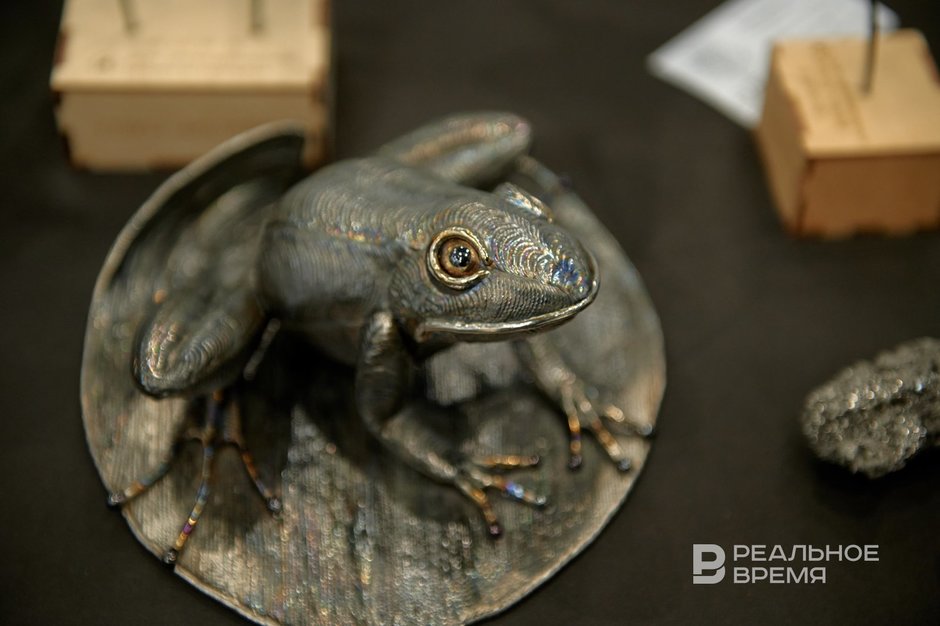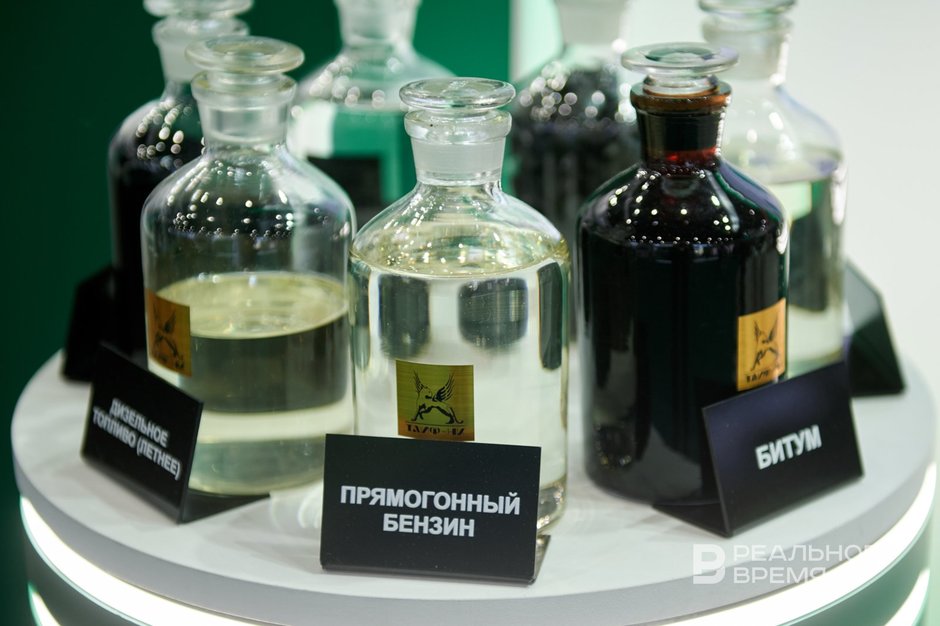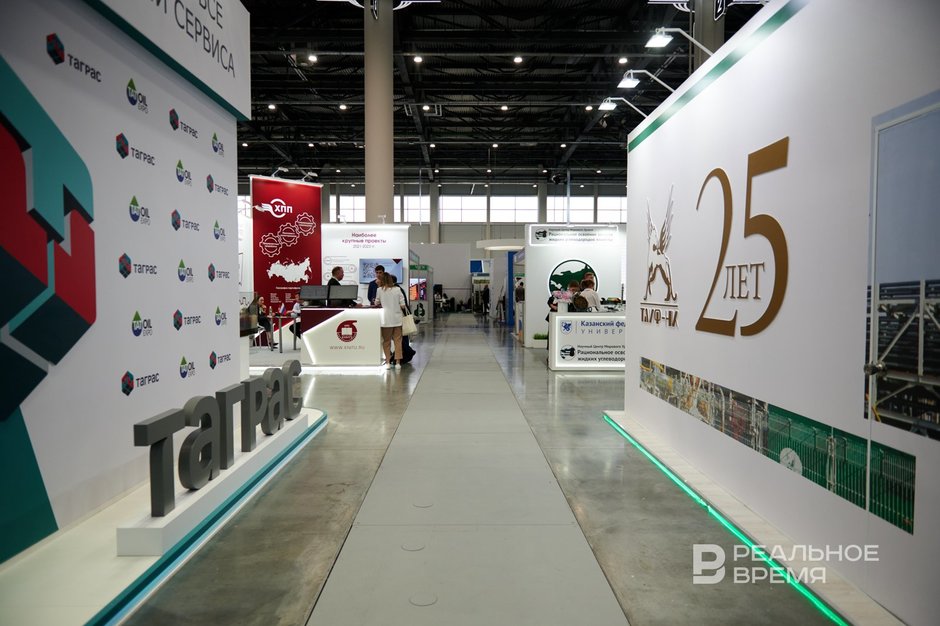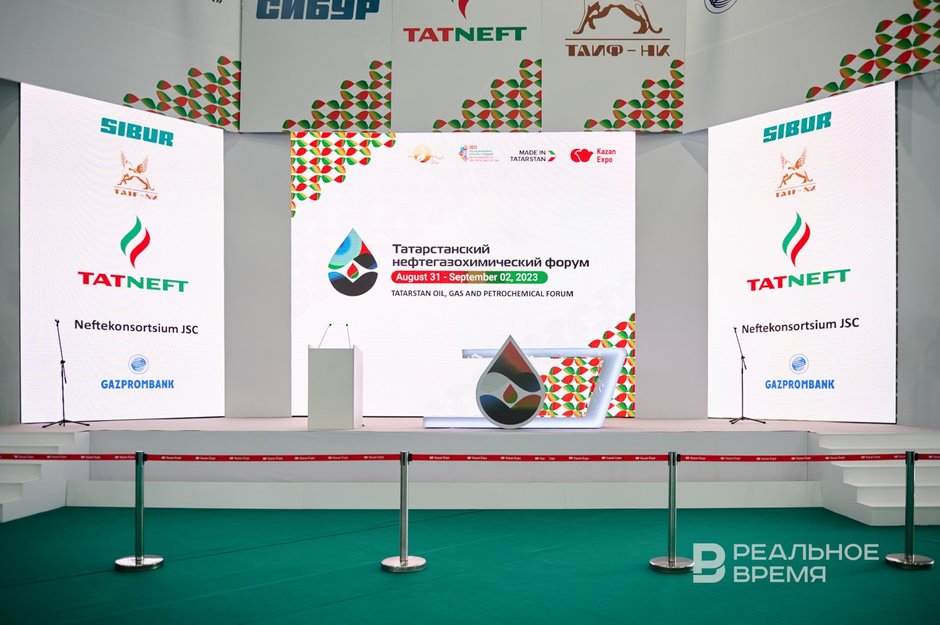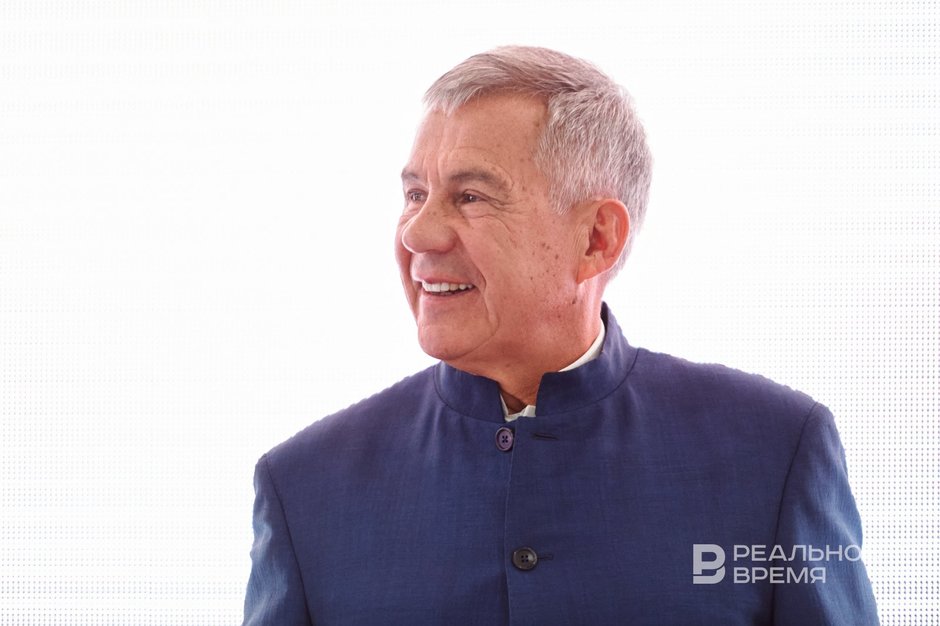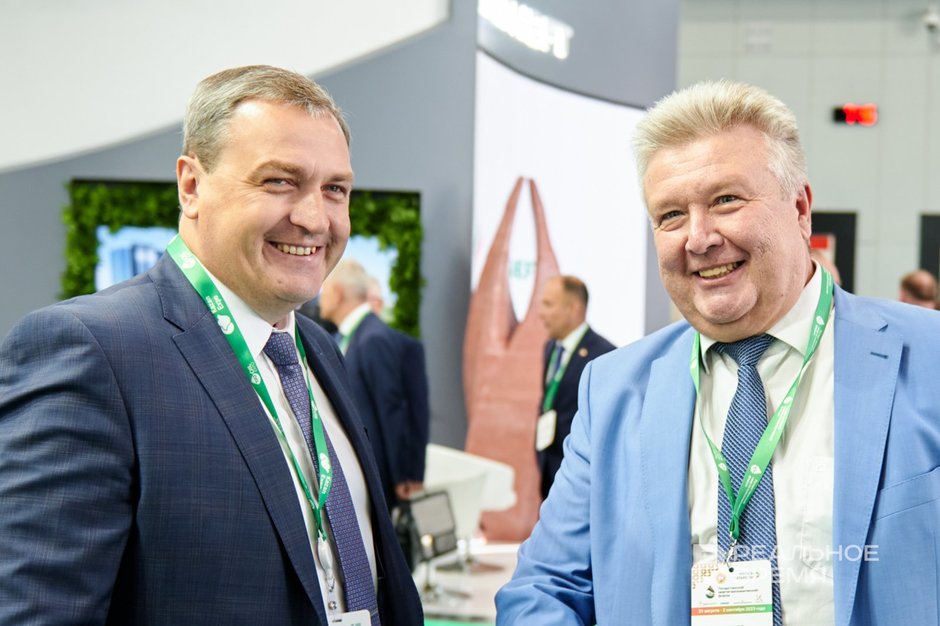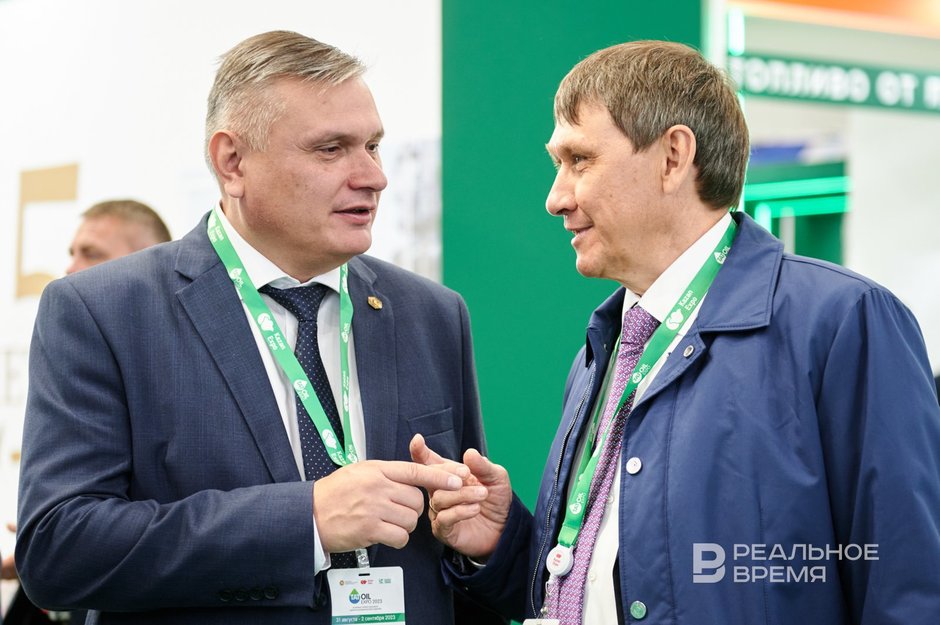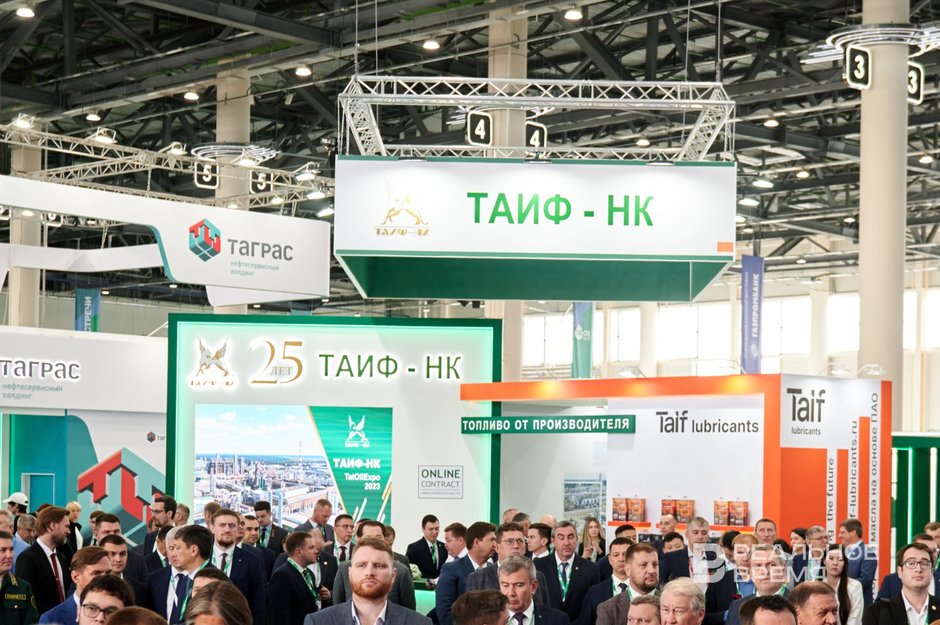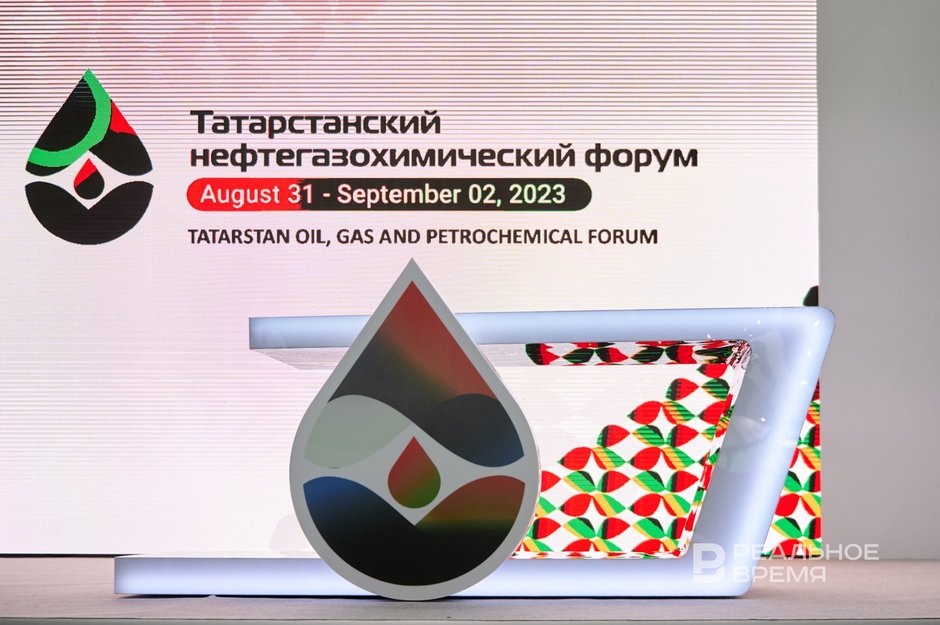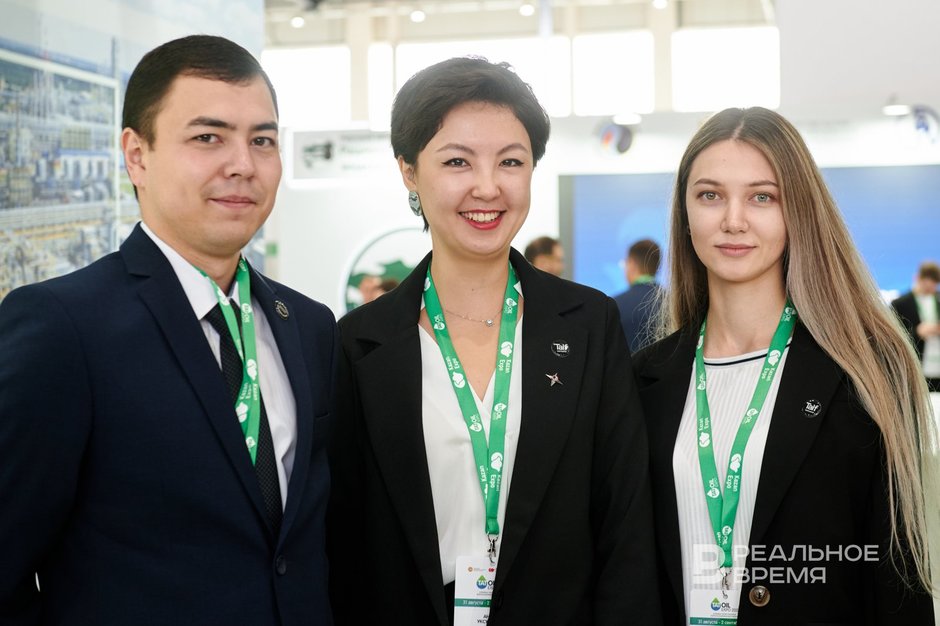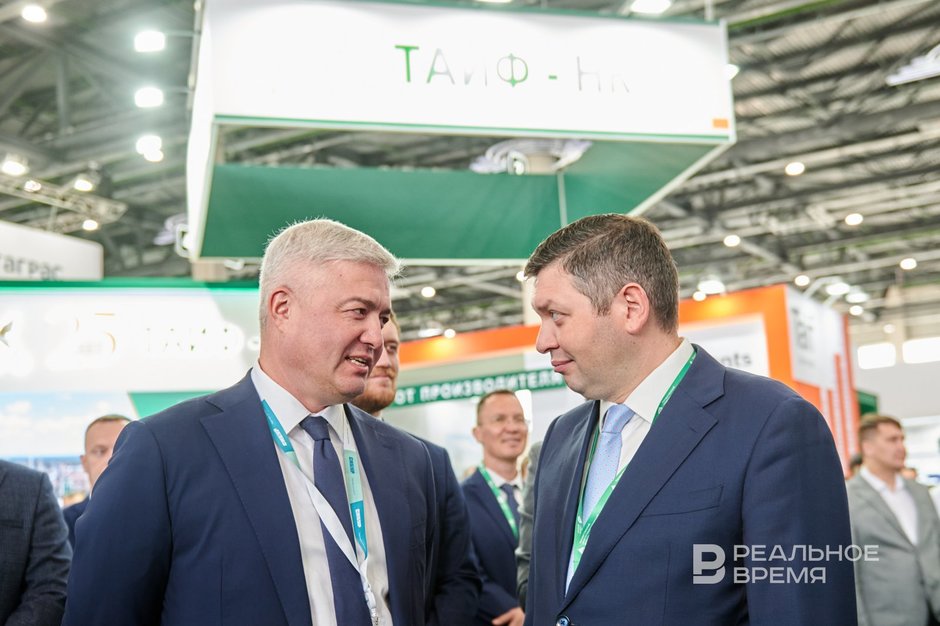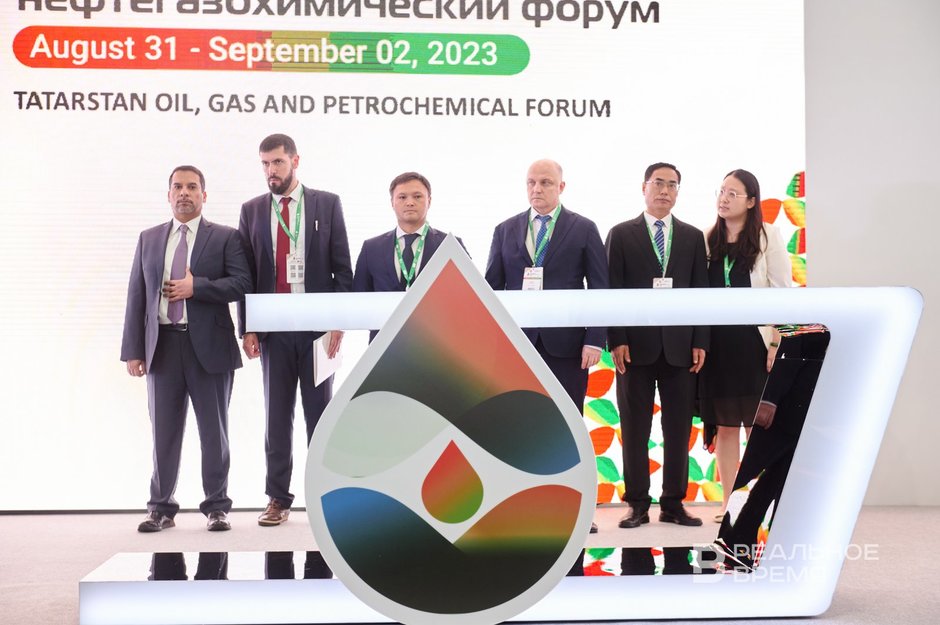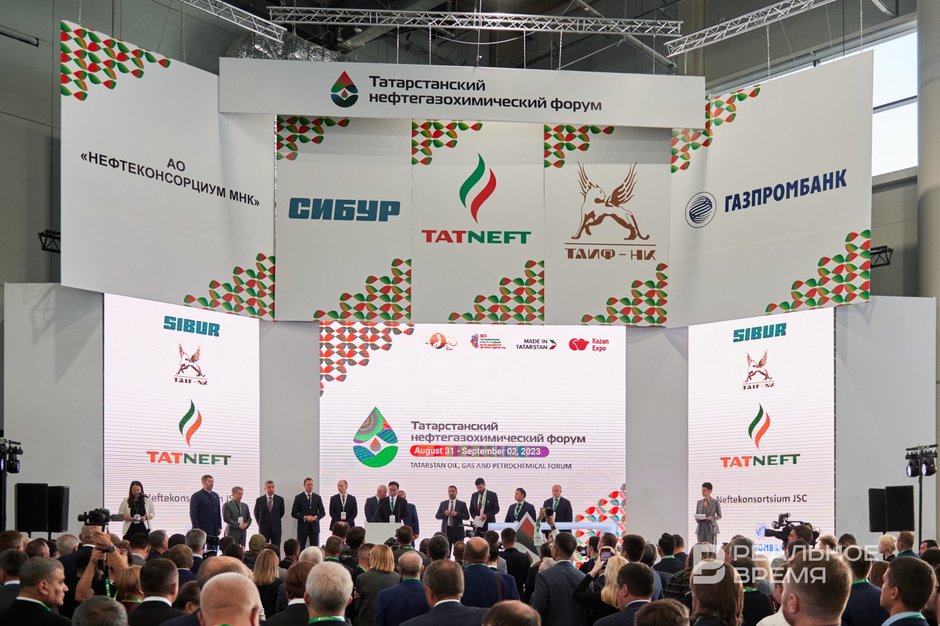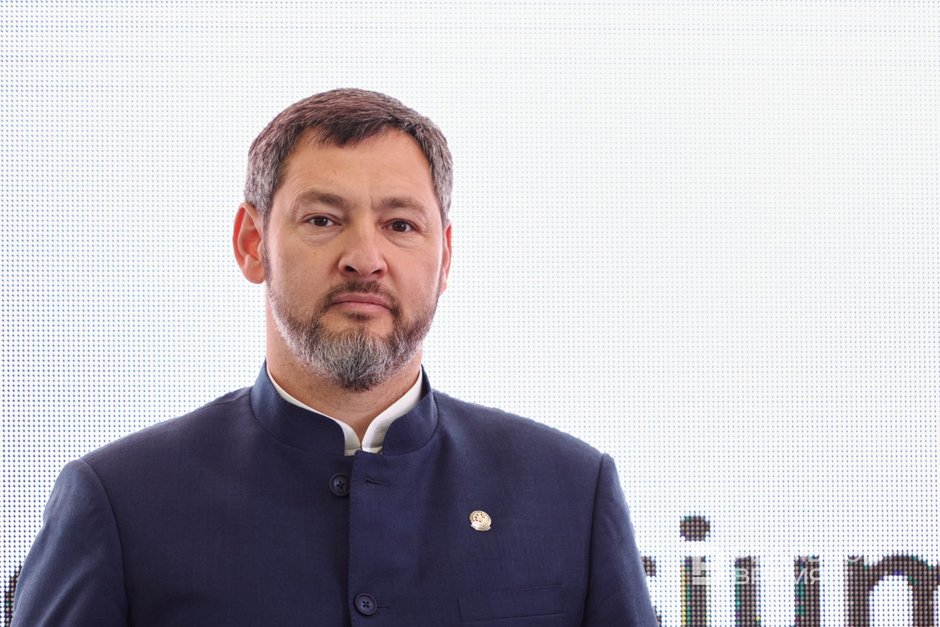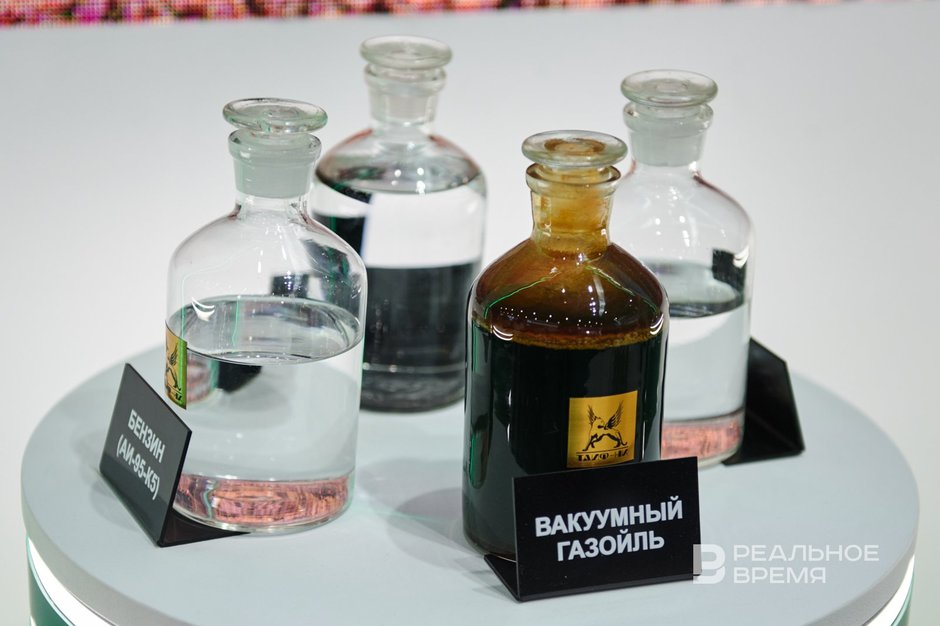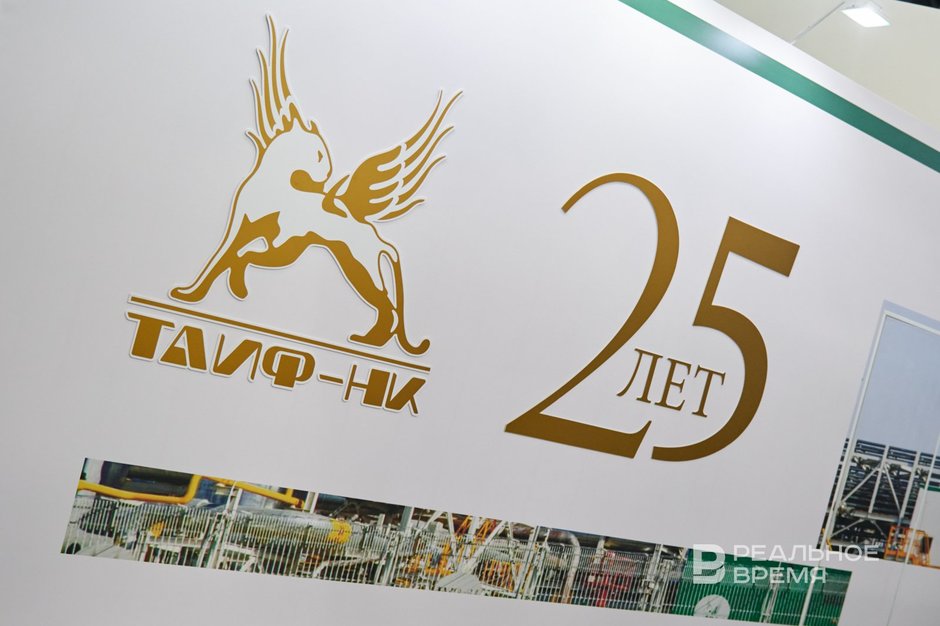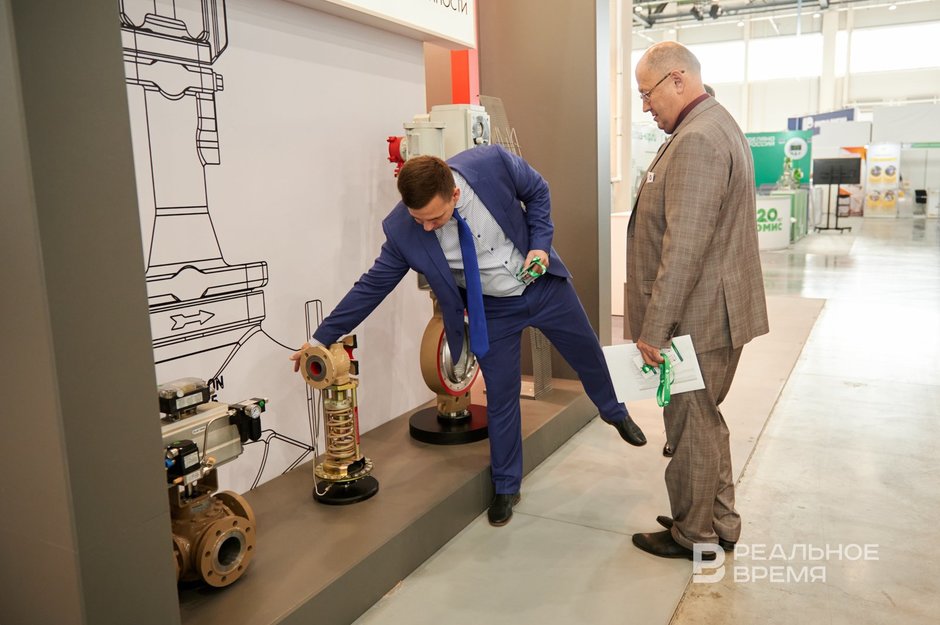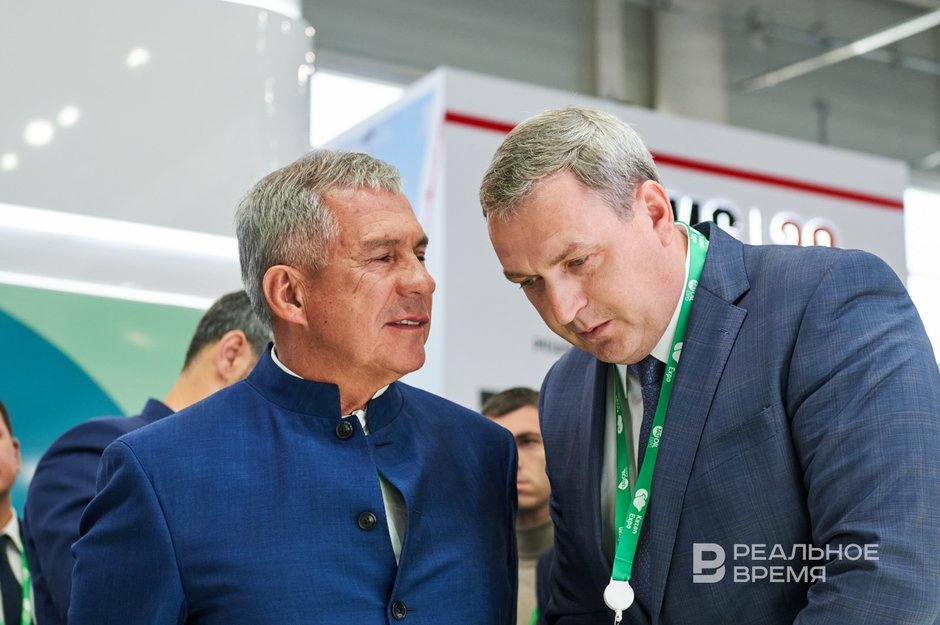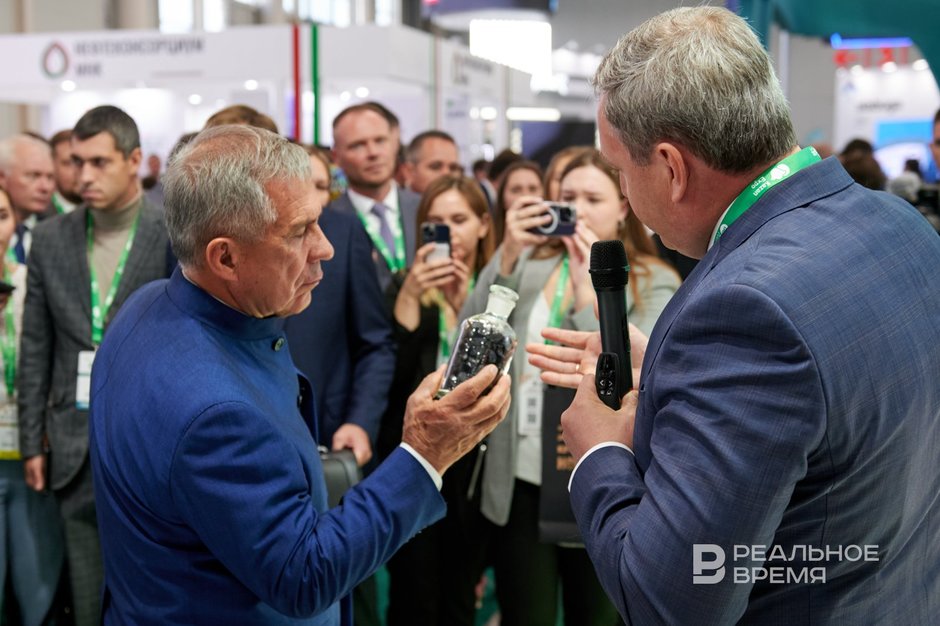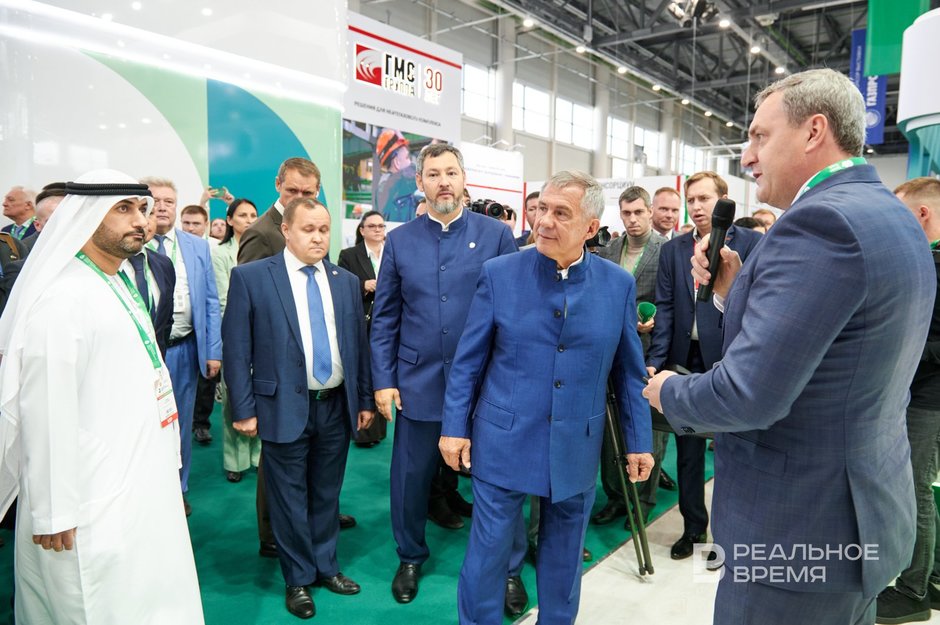Rustam Minnikhanov: ‘We opted for super-viscous oil, while taxation is the same, it’s unfair!’
Tatarstan Oil and Gas Forum 2023: Tatarstan oil companies are persuaded into creating technological integration with big sector players

“If somebody managed to overcome the ‘oil spell’, it is Tatarstan. But now the task is not to do everything yourself, it is necessary to cooperate and integrate,” one of the most experienced Russian oil workers, Board Chairman of the Russian Union of Oil and Gas Companies Yury Shafranik urged Tatneft on 31 August. Professor of Higher School of Economics Valery Kryukov delivered a speech at a plenary session of Tatarstan Oil and Gas Forum in unison with him. But it turned out that Gazprom replacing lost European gas markets with exports to China found it really hard amid sanctions. Meanwhile, Tatarstan Rais Rustam Minnikanov was inflexible and again asked to return tax incentives.
Oil companies changes directions
This year Tatarstan Oil and Gas Forum 2023 took place amid a dramatic readjustment of the Russian Fuel and Energy Complex caused by a sudden fall in foreign demand for Russian oil and gas. Affordable energy resources are no longer favourites in Western markets, European companies are limiting their purchase to the detriment of themselves. The business community discussed how the global turmoil in global energy markets influenced priorities of Russian oil companies at the plenary session. Representatives of leading companies of the sector, including TAIF Group of Companies, SIBUR, Tatneft participated in the forum too.
The international scientific conference was headlined modestly: Development Prospects of Russia’s Oil and Gas Companies in Modern Conditions. While Russian Vice Premier Alexander Novak and First Vice Energy Minister of Russia Pavel Sorokin who praised the republic for innovative approaches in using mineral rent welcomed the participants via teleconference. Vice Minister of Industry and Trade of Russia Mikhail Yurin praised that oil companies place orders in Russian mechanical engineering enterprises. In fact, Novak planned to come in person, but at the last moment he was sent on a business trip. “Today vice premiers’ lives are tough,” Board Chairman of the Russian Union of Oil and Gas Companies Yury Shafranik explained to the audience later smoothing the slight confusion because of the abundance of virtual VIP guests.
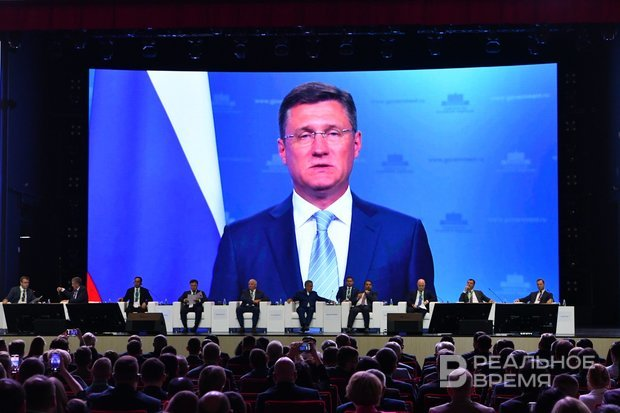
However, Arab guests, oil companies from Kazakhstan, Belarus arrived in Kazan in person. There were over a total of 1,000 guests from CIS countries, the UAE. So Minister of Oil of the Kingdom of Bahrain Dr Mohamed bin Mubarak Bin Daina talked about the interest in working with Russian oil companies. Whereas Vice Minister of Energy of Kazakhstan Askhat Khasenov put specific examples of cooperation with Tatneft. According to him, Tatarstan oil companies got the right to explore fields in the west of the country. Also, there is an investment project for butadiene production underway, a tyre production joint venture of Tatneft and Allure opened on the territory of Saran industrial zone.
“It was decided to isolate Russia as a global player. This is impossible”
It wasn’t discussed how much oil exports from Russia had changed after the imposition of sanctions. But it was felt in high-profile guests’ speeches that sanctions hit them. One of the influential Russian oil workers, ex-Minister of Fuel and Energy of Russia Yury Shafranik urged the audience to get rid of the dependence on foreign technologies and equipment by creating partnerships with leading players. According to him, now economic cooperation is determined by countries’ political narratives, not business interests. “It was decided to isolate Russia as a global player. This is impossible but ensured a leaning in the energy market,” he explained. “We have always thought that gas was cheap in Europe’s market. But what happened? We lost a huge market,” he claimed adding that Gazprom lost a market of 100 billion cubic metres of gas and is now switching to other markets.
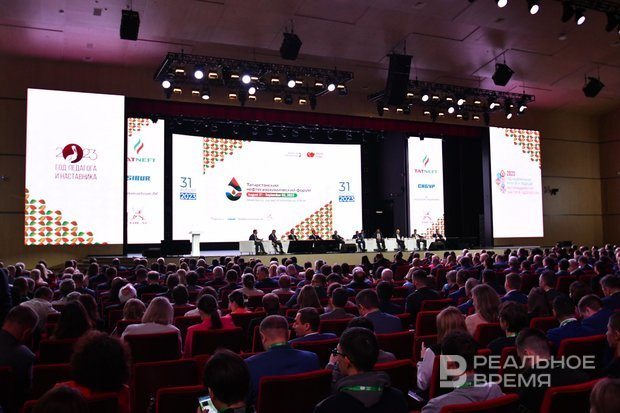
What is threatening oil companies technologically? According to Yury Shafranik, Russia’s dependence on the import of critical technologies in oil service is 30% and it is necessary to get out of this trap thanks to information technologies.
Gazprom’s Chinese priority
To get rid of the technological dependence, Yury Shafranik offered Tatneft to cooperate. “You have done what could be done, 100 out of 100. But now the task is not do everything yourself, it is necessary to cooperate and integrate,” he claimed.
It is especially important to create cooperation in oil processing. “The biggest possible amount of oil is processed in the republic. Of course, alliances with those who have light oil are needed,” he specified and added that the focus on integration and cooperation should be in a strict policy. Nothing impedes this, thinks Shafranik. “Tatneft is one of the few companies to have net profit above last year,” he noted. While accomplishments in super-viscous oil are significant, but changes in taxation don’t depend on the republic.”
Due to the sanctions, Gazprom reoriented to gas supplies to China. According to Vice Board Chairman of the company Oleg Aksyutin, a new contract with the PRC was signed last year that will led to bigger gas exports by 10 billion — to 48 billion cubic metres. As a result, Russia is becoming China’s big supplier, he noted. In general Russia, Qatar and Iran have the biggest gas reserves, but our country holds two-thirds. In this respect, Gazprom is planning to triple oil processing in the country making the digits 150 billion cubic metres. He called Amur LNG and the LNG plant in Ust-Lug key centres.
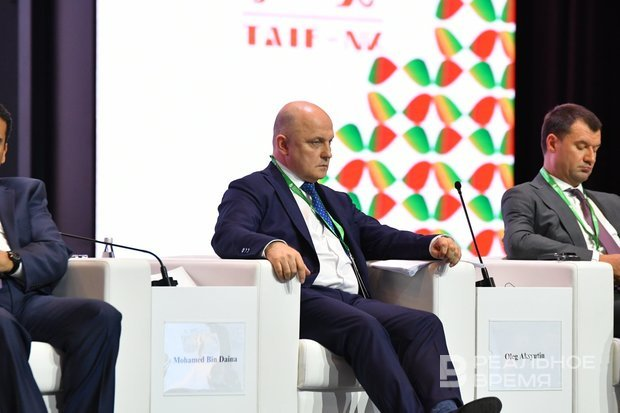
In his final statement, Rais of the republic Rustam Minnikhanov again raised the problem of taxation efficacy for those who produce light and super-viscous oil. In his opinion, the state should stimulate transformations, not increase the tax burden.
“Of course, we can quickly get money by ramping up the burden, but companies, including budgets where these companies are located lose investment components,” he emphasised.
According to the rais, taxation for those who produce heavy and light oil shouldn’t be the same. “Today this issue isn’t fully understood. If we actively opted for super-viscous oil, it has different technologies. While taxation is almost the same, it is unfair! There won’t be investments here. Today the oil and gas sector allow producing money here,” he noted adding that otherwise, “if companies lack money, it means the development will slow down.” “We have recently been afraid that if now we raise the tax burden, get the money, what will happen to projects?” Rustam Minnikhanov asked point-blank.
